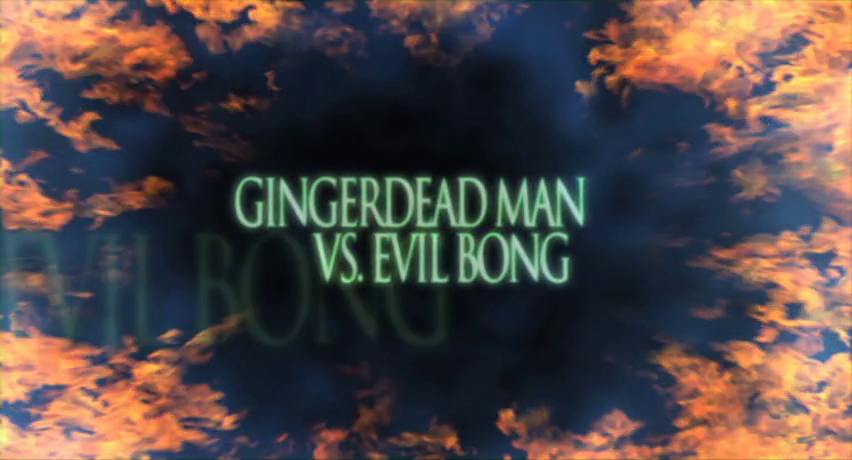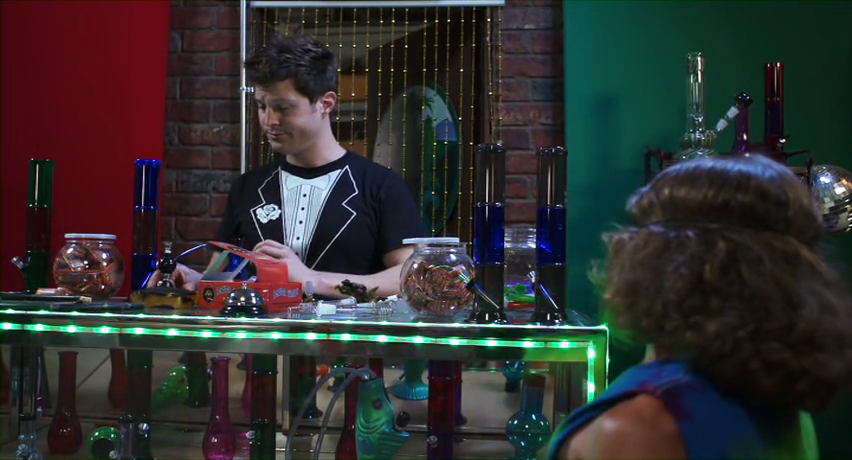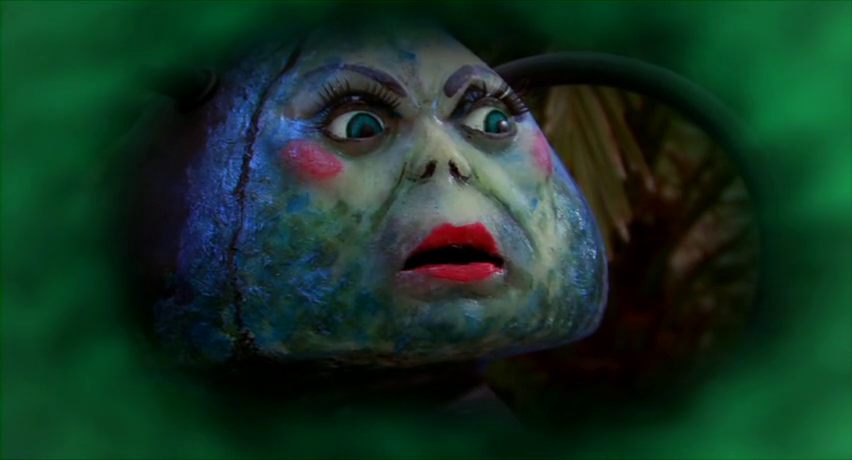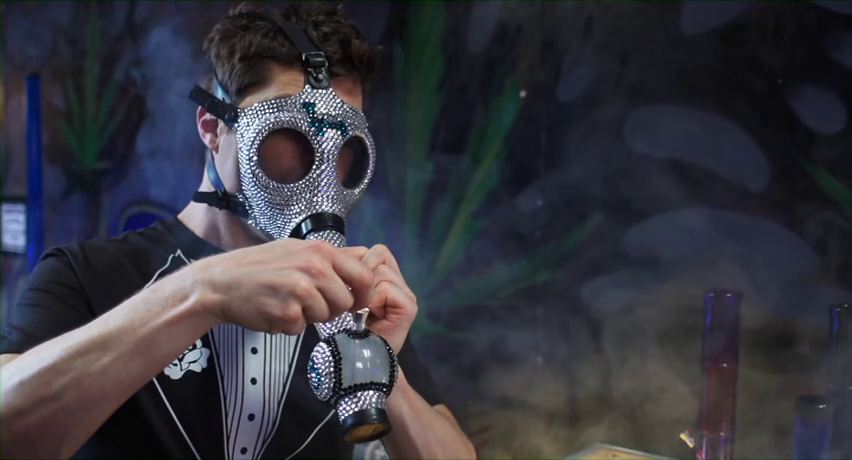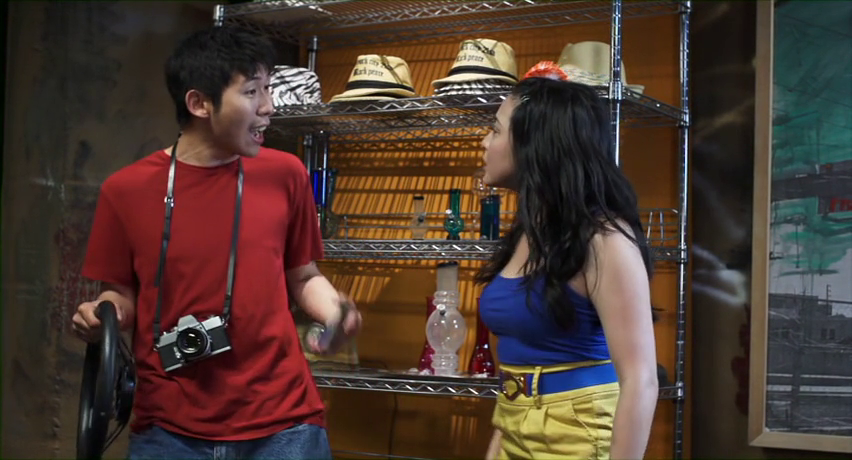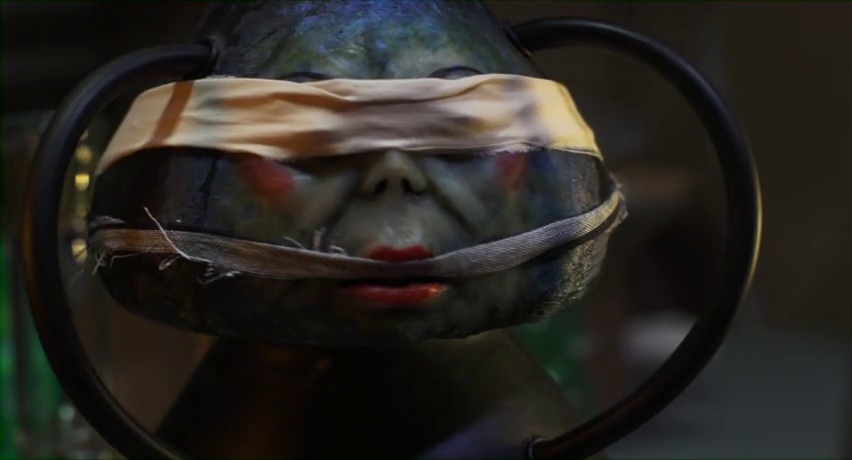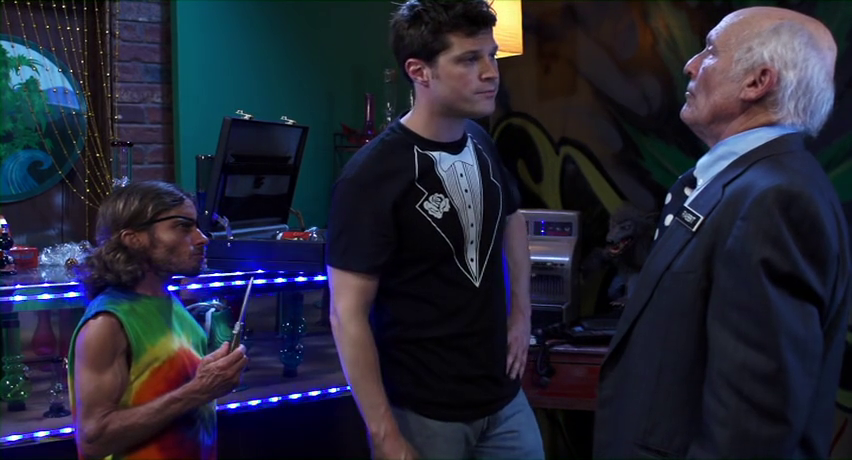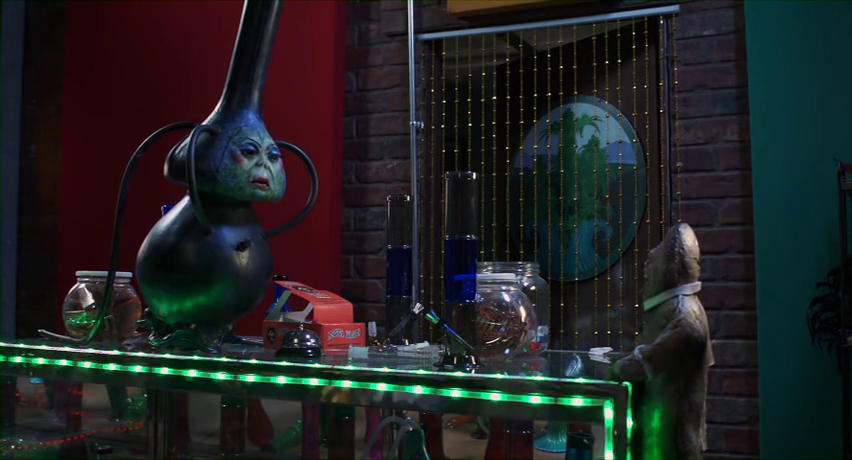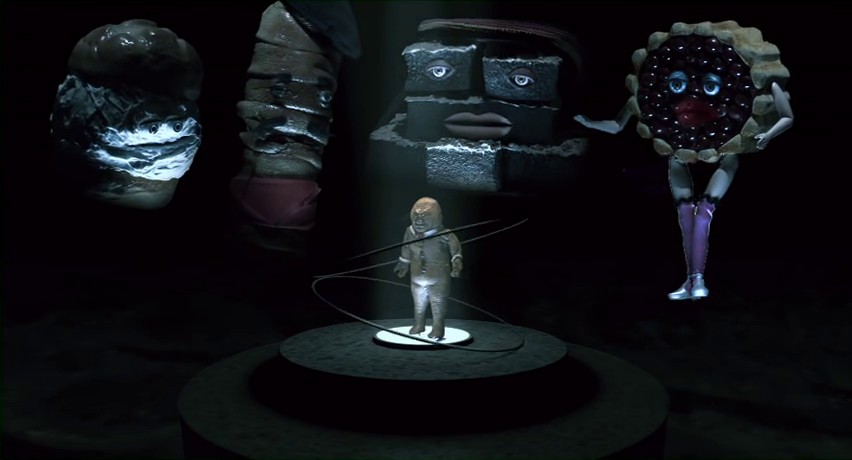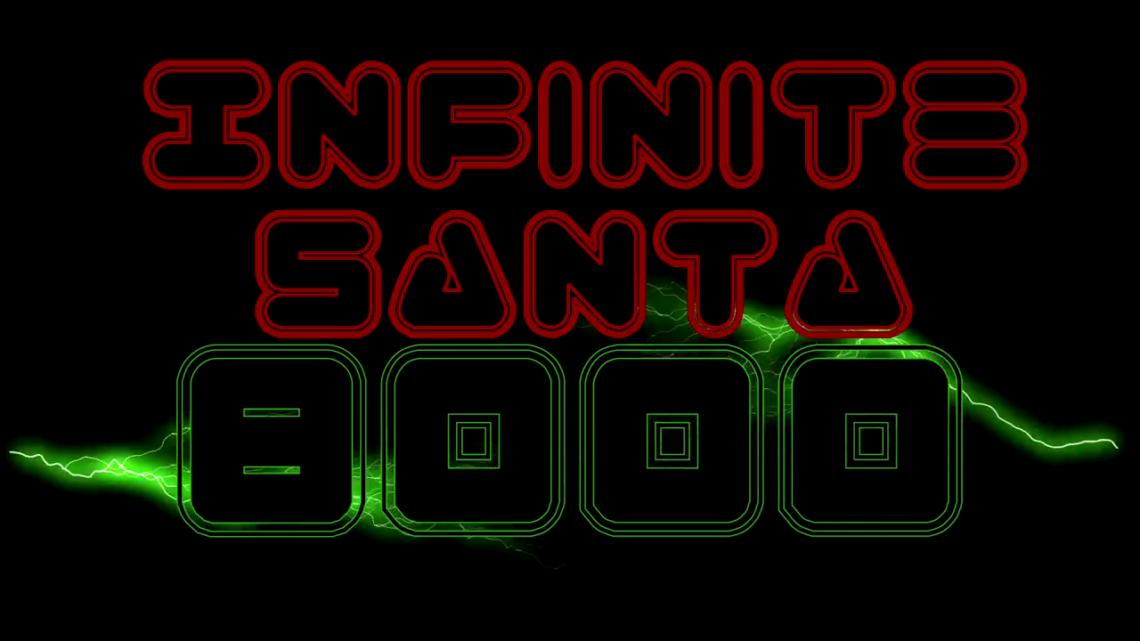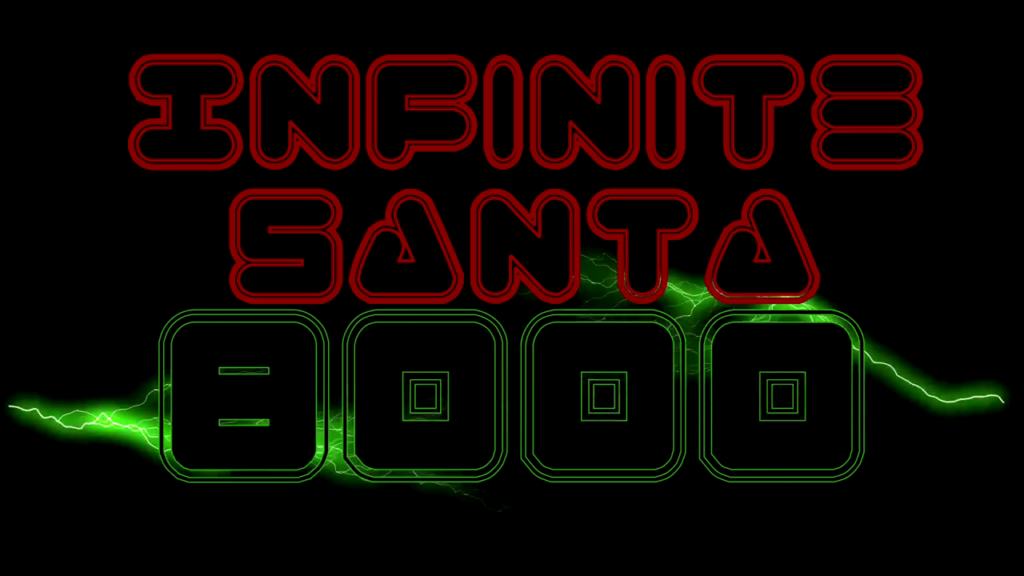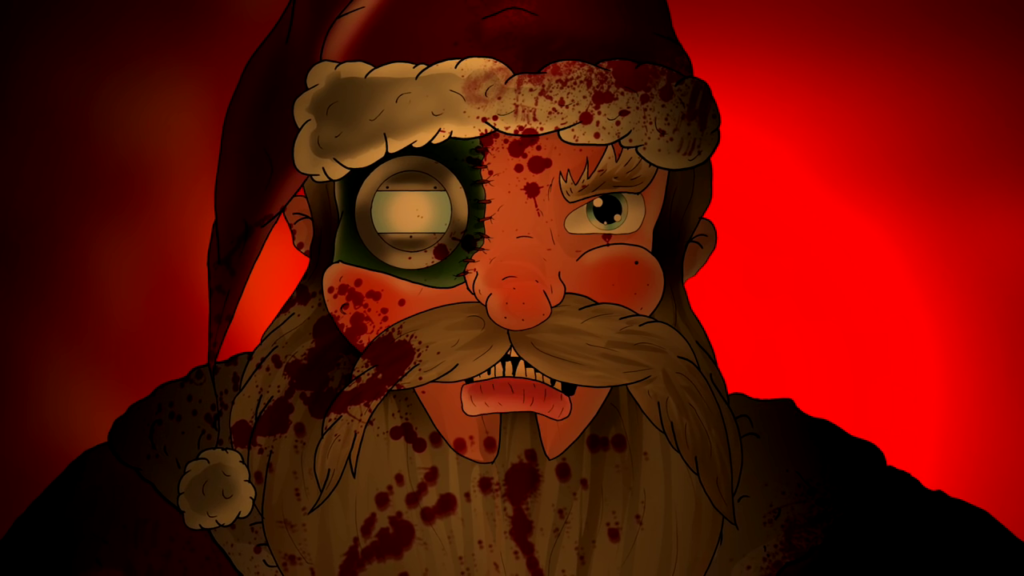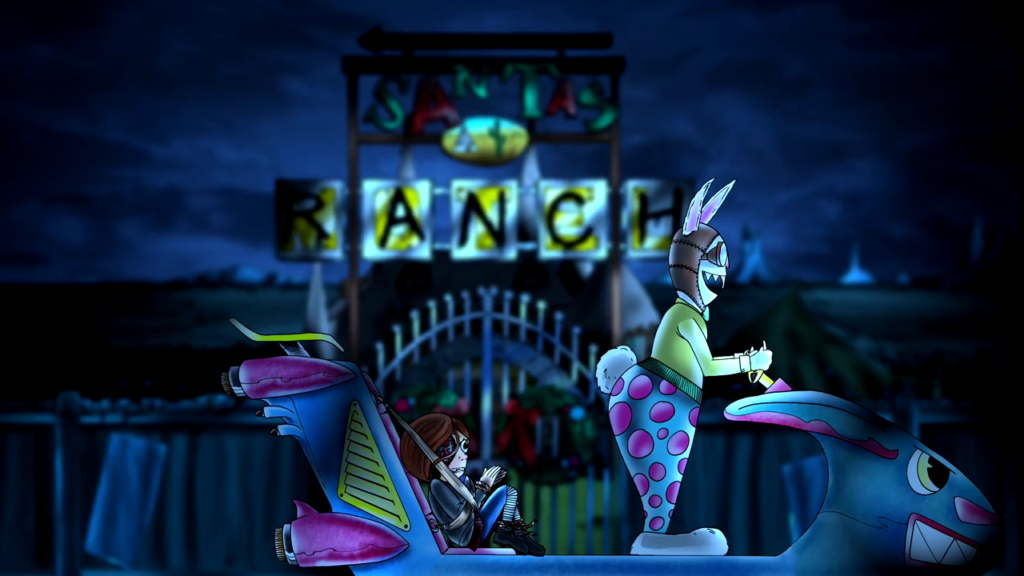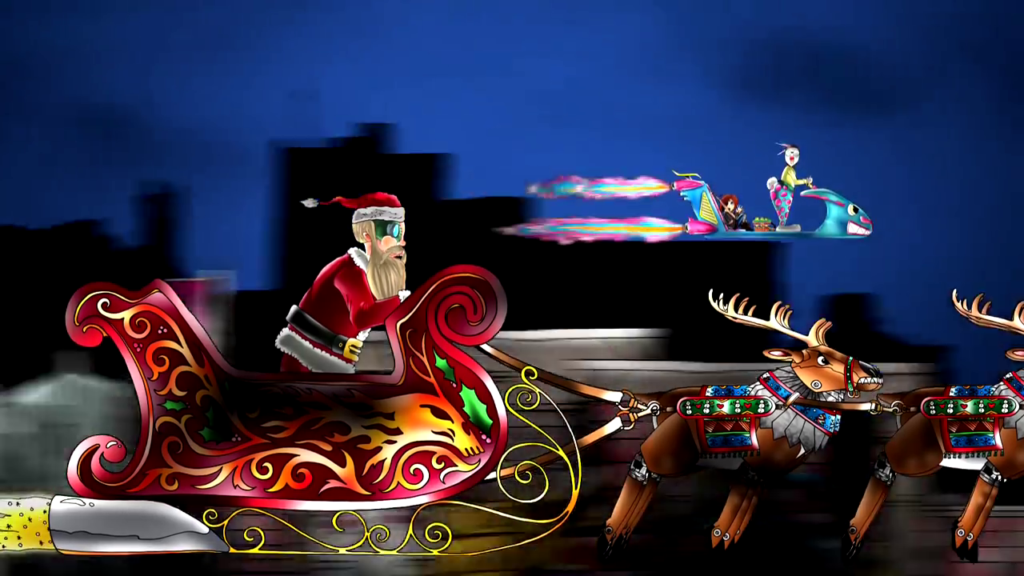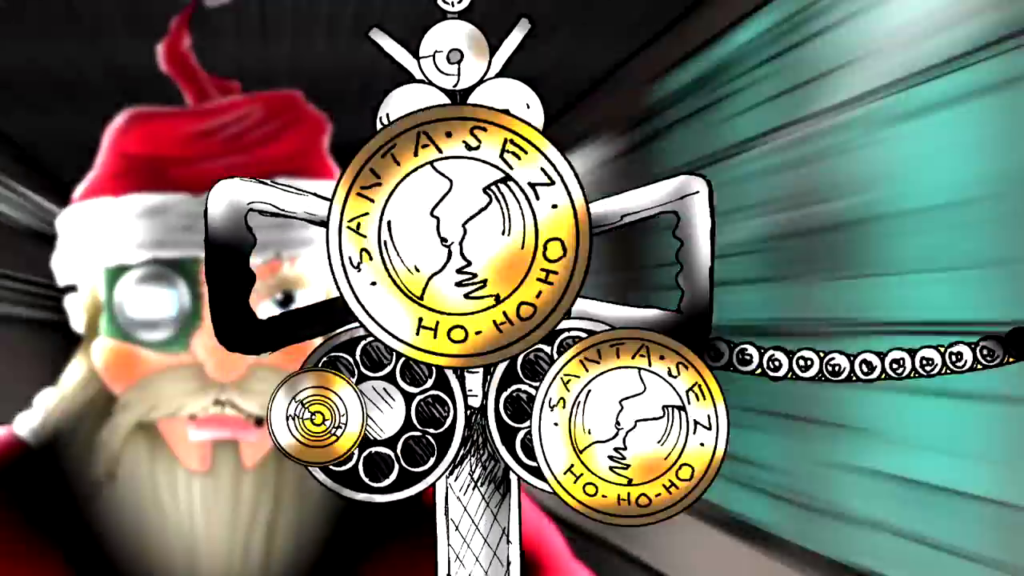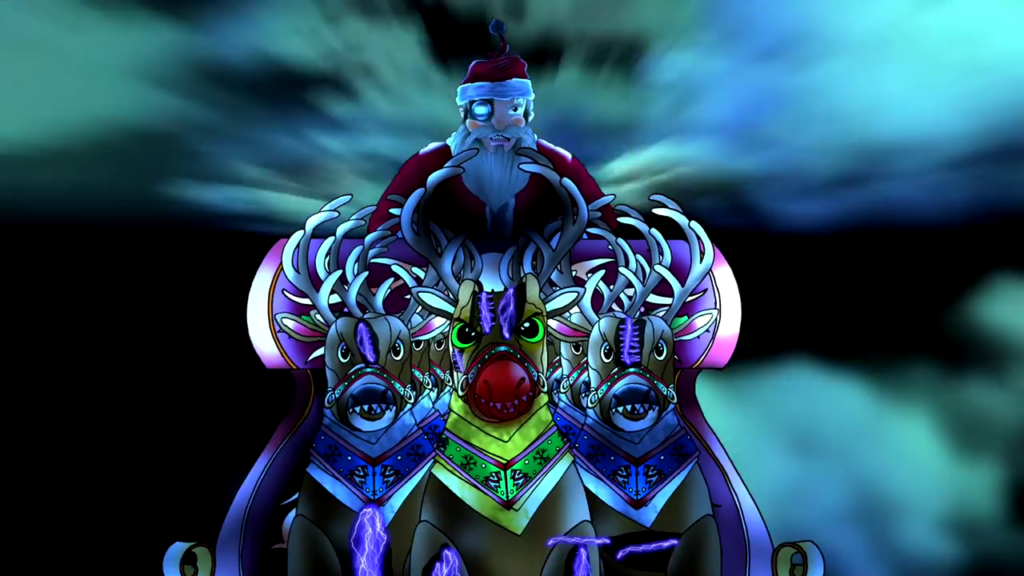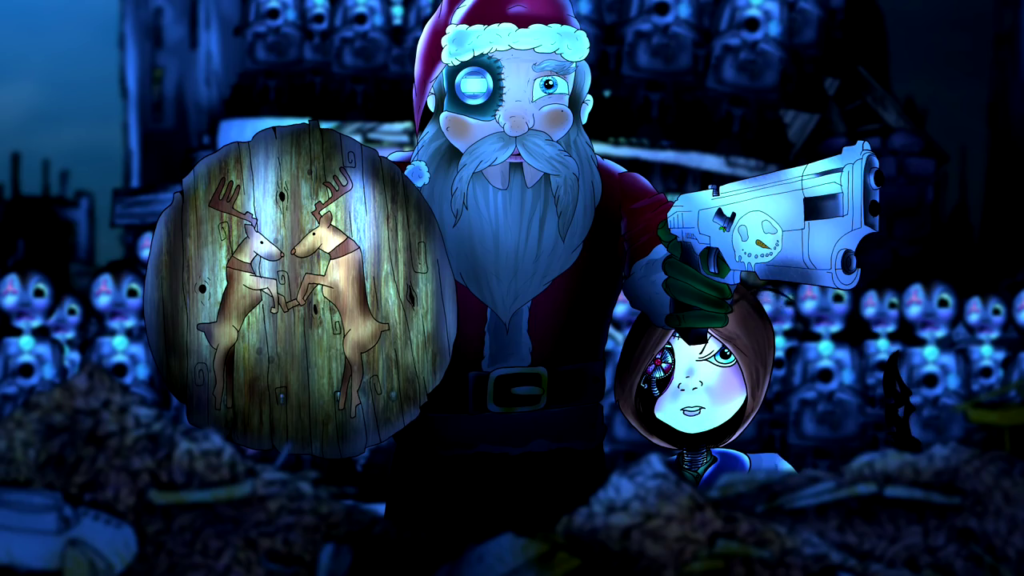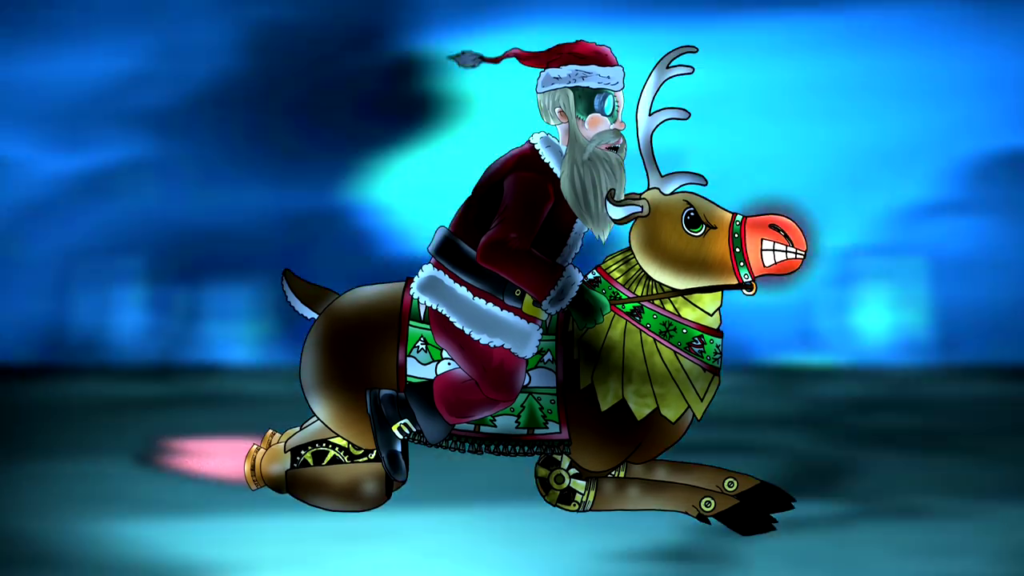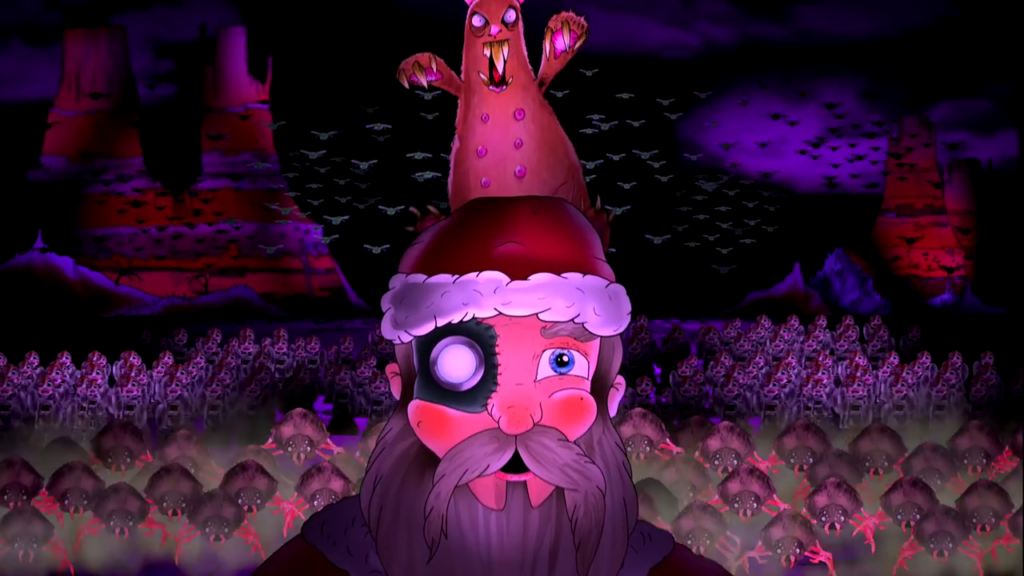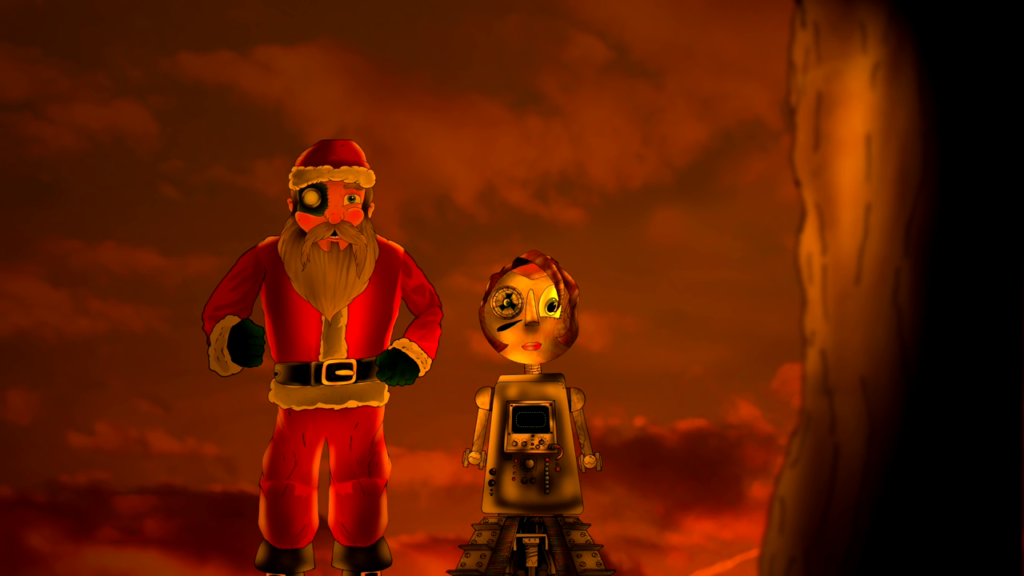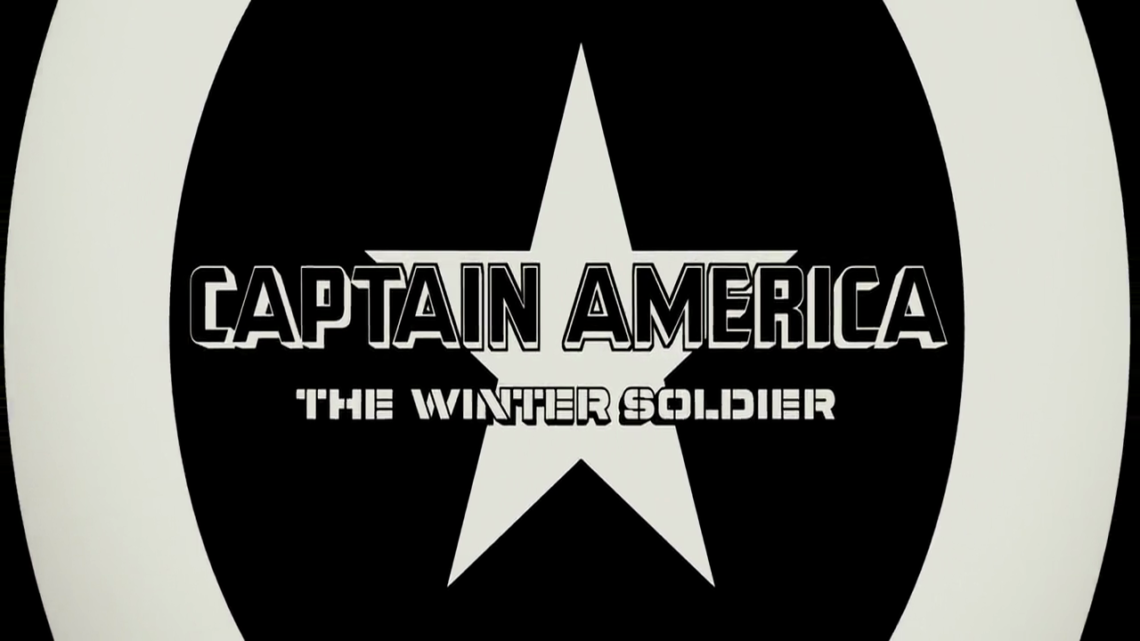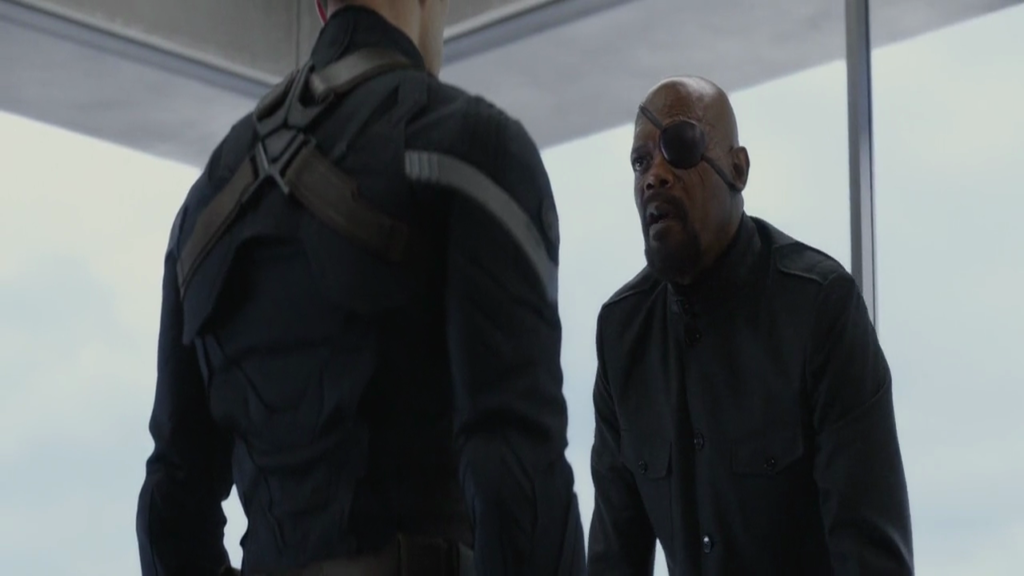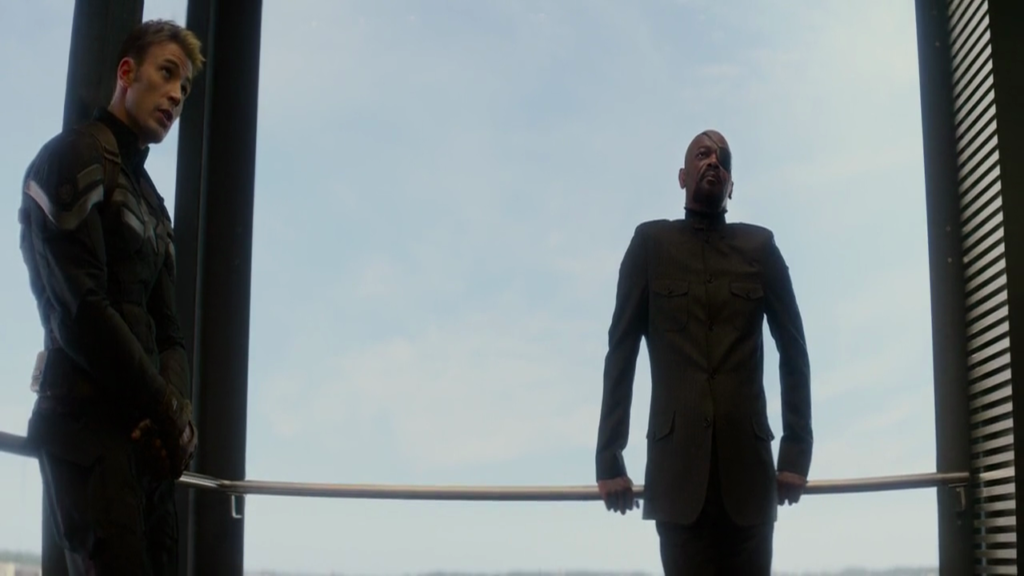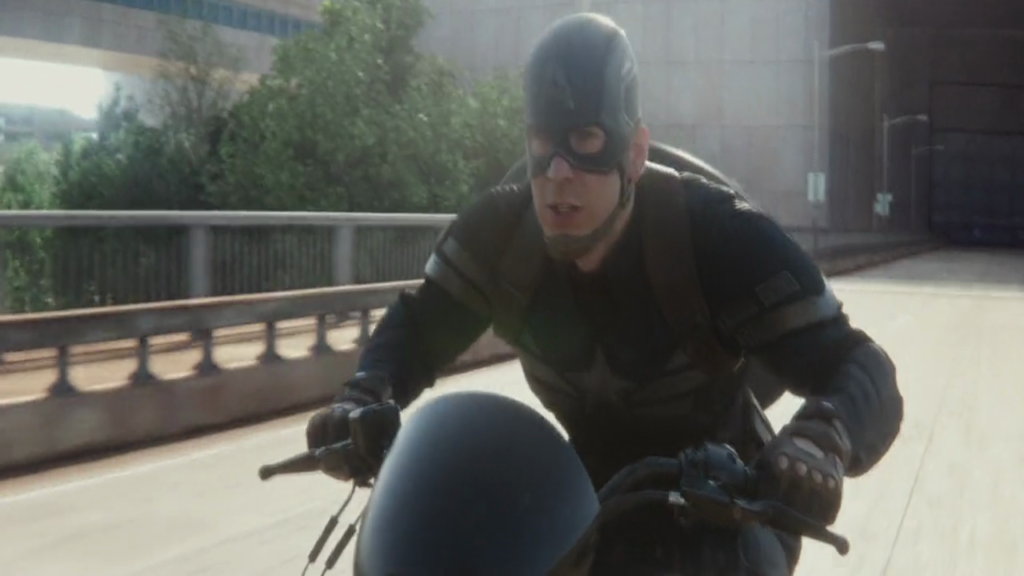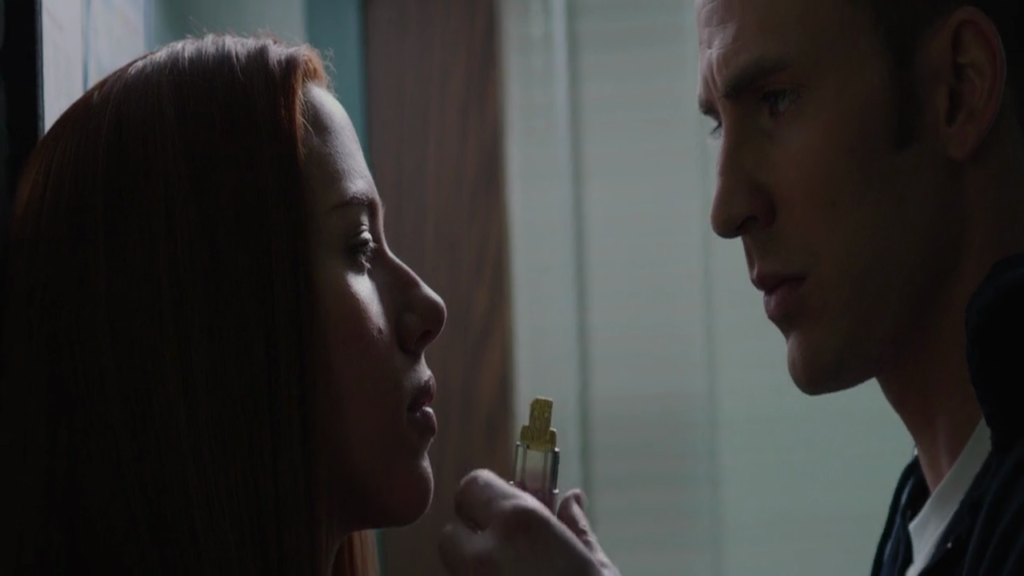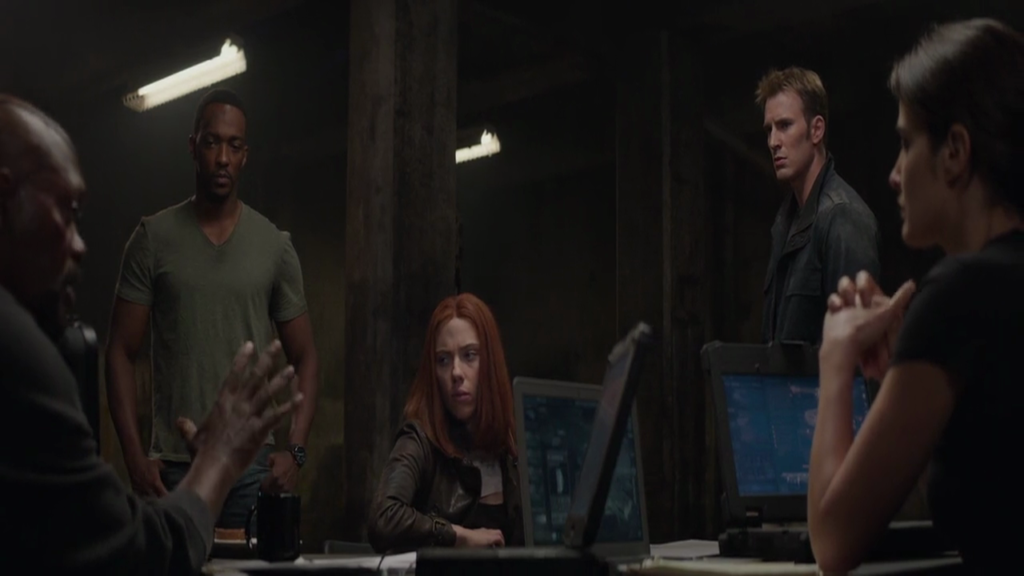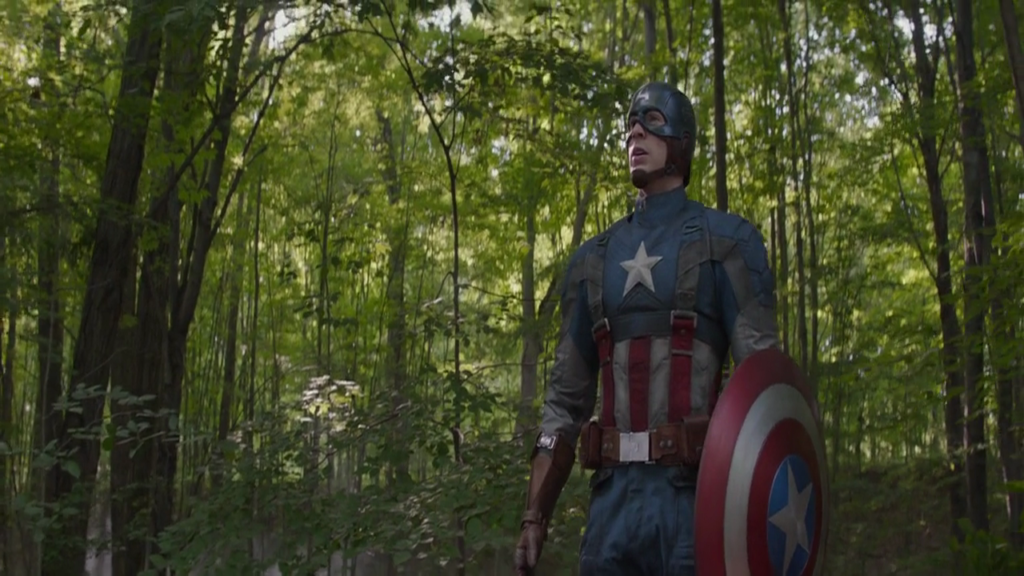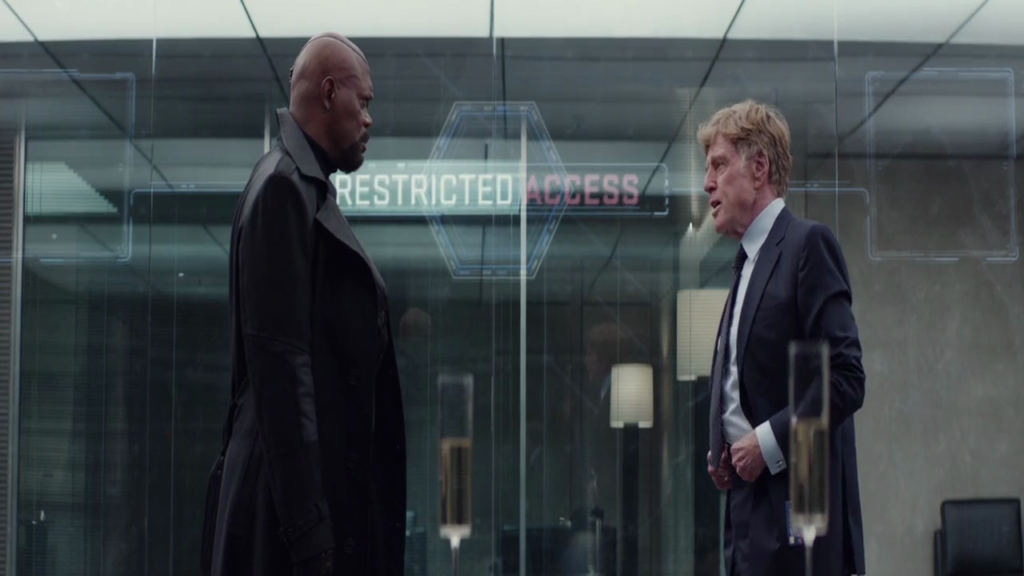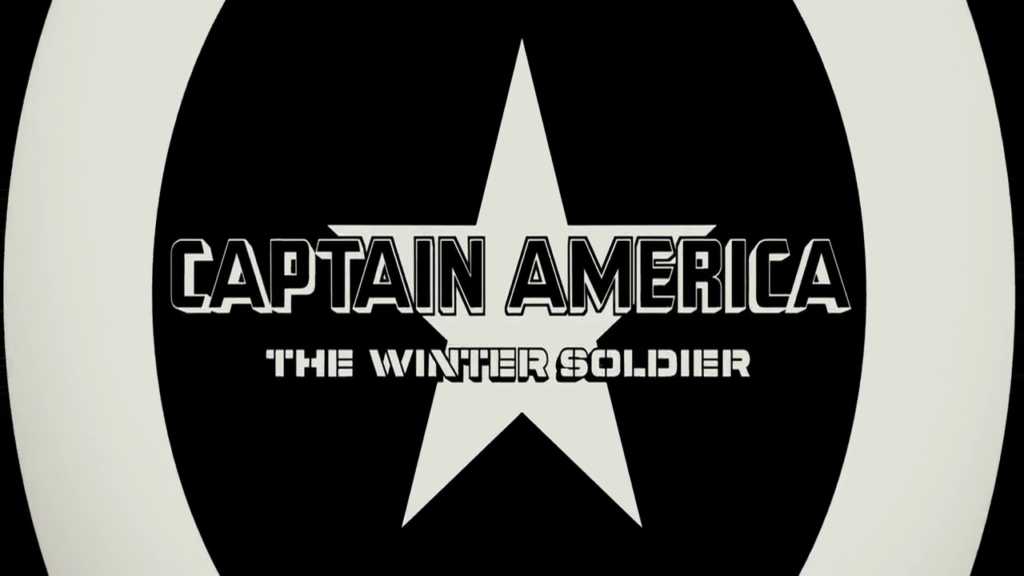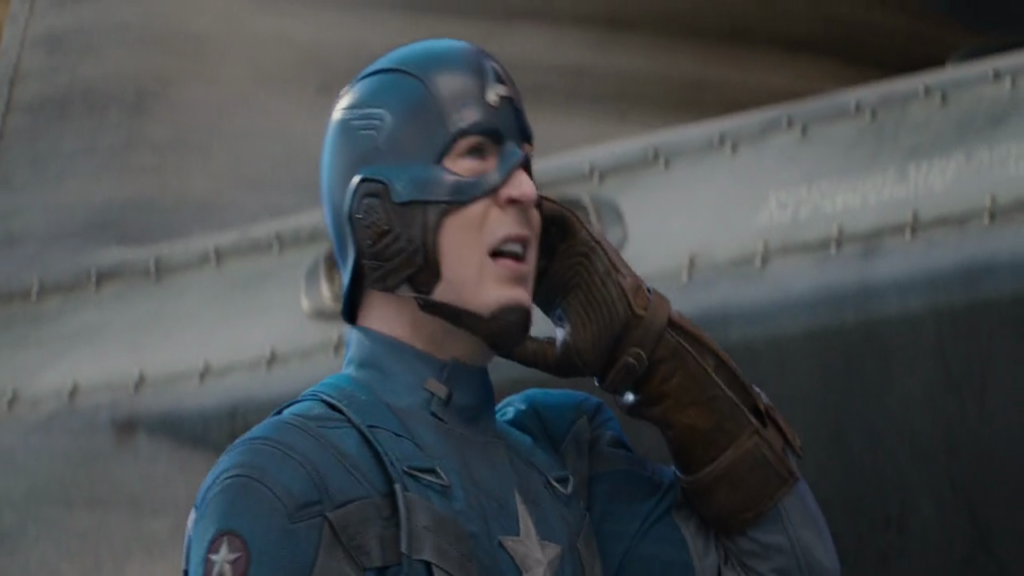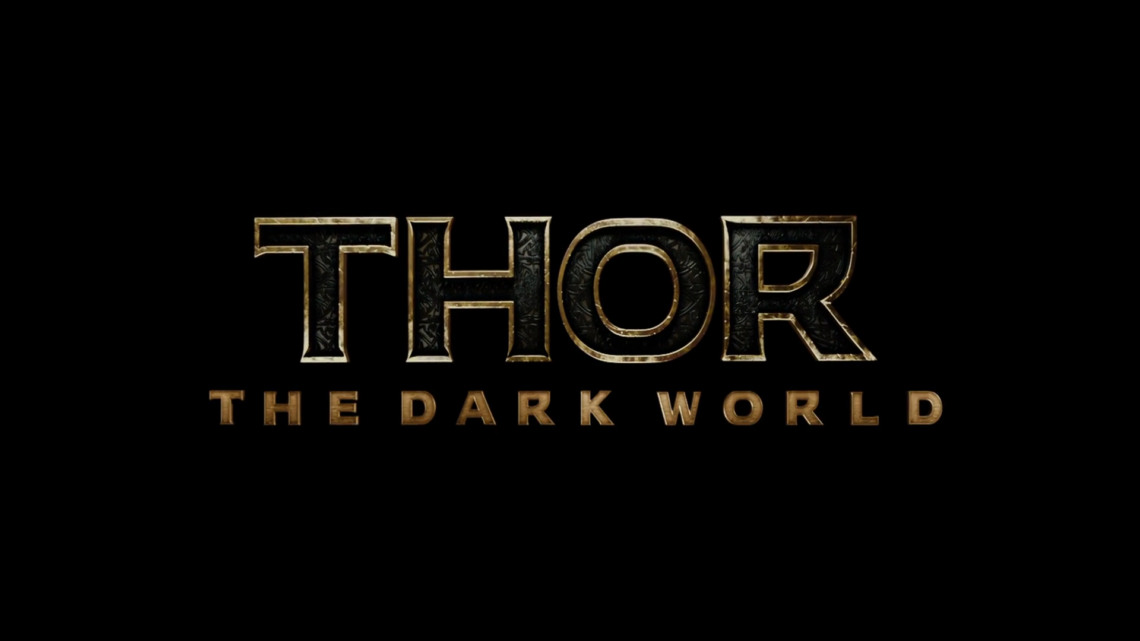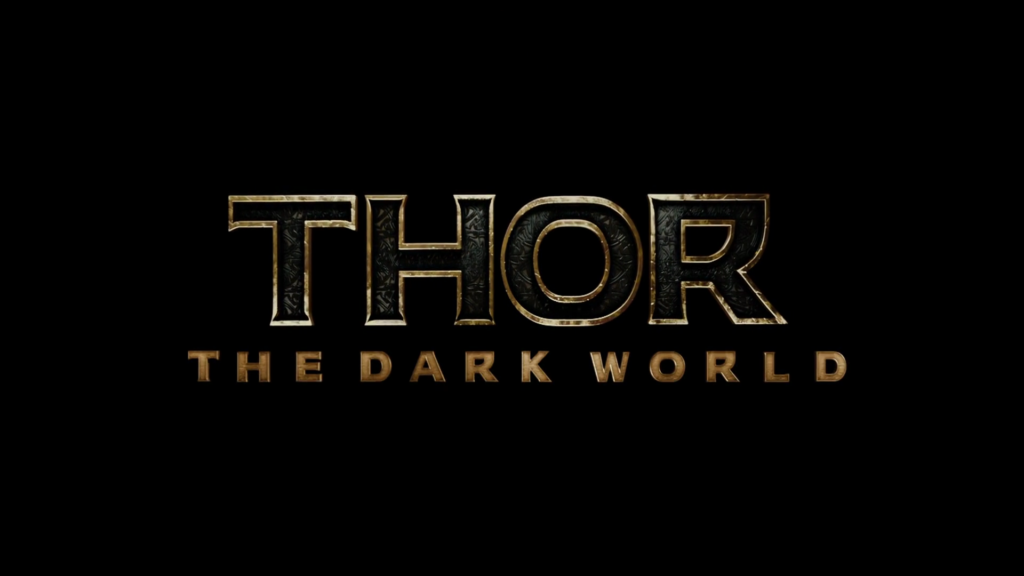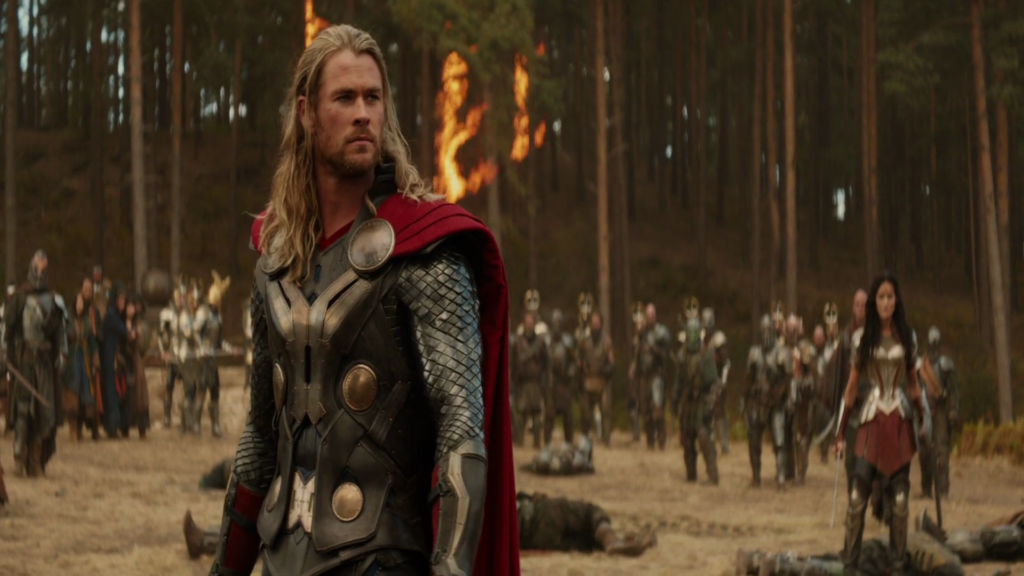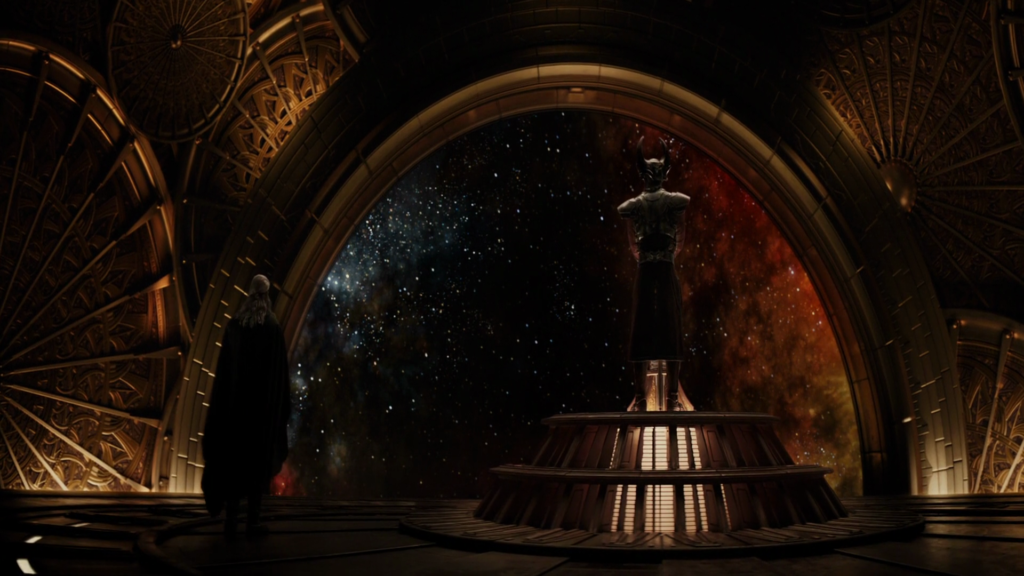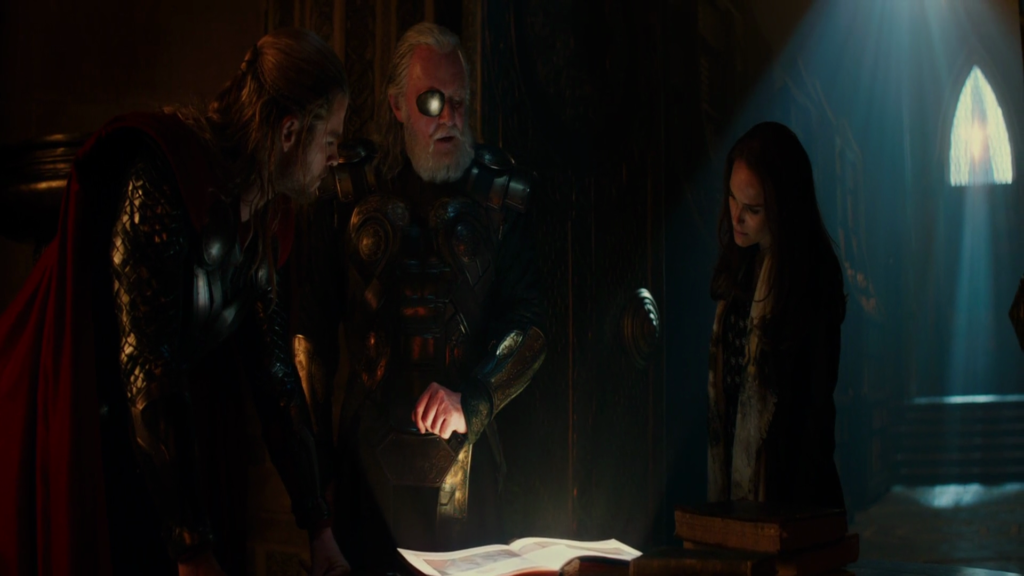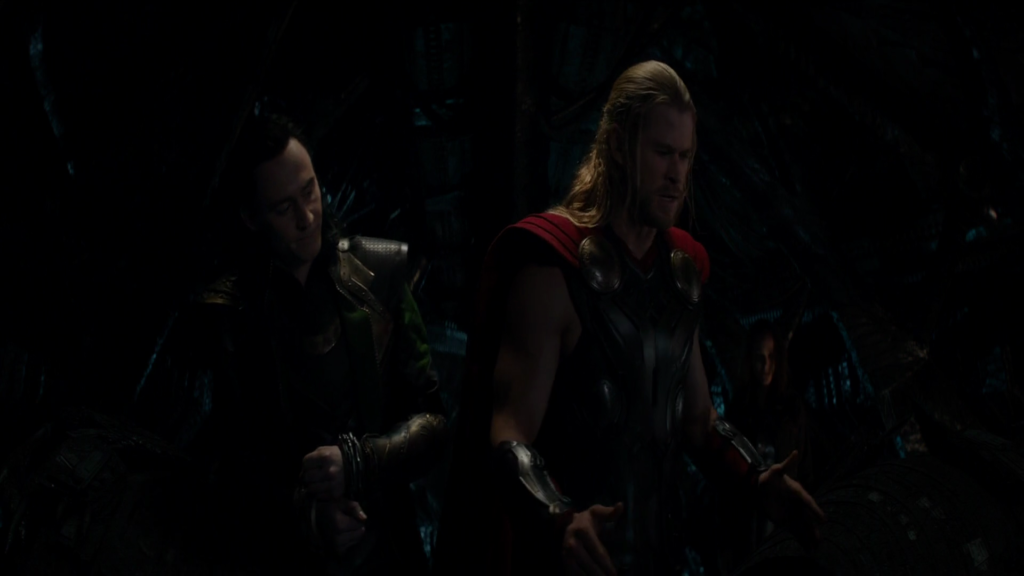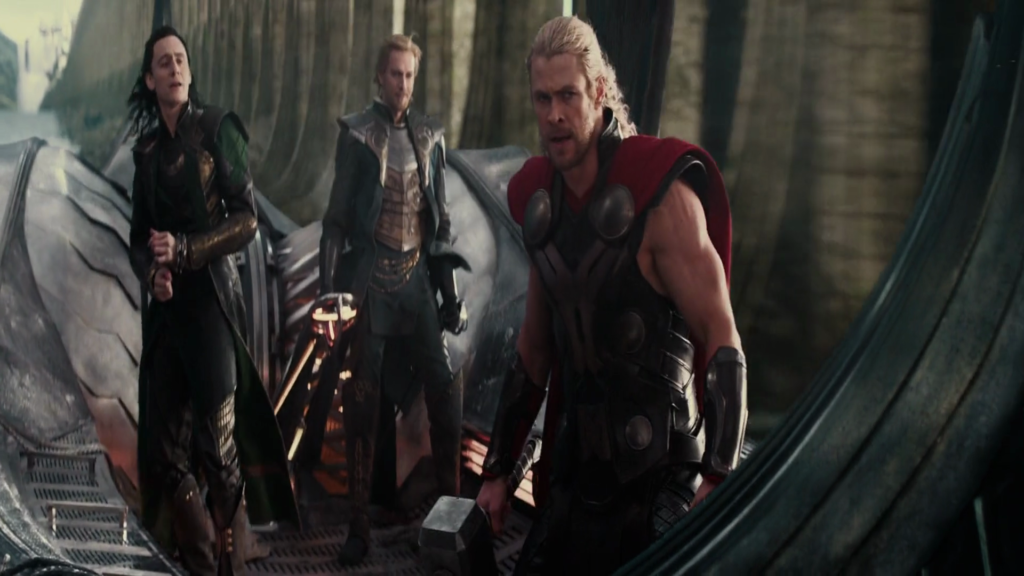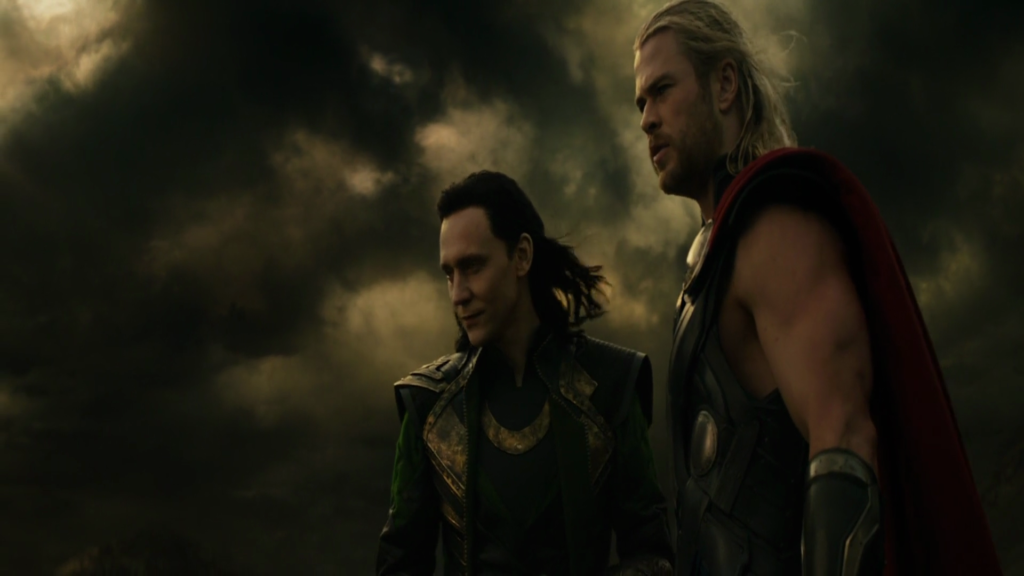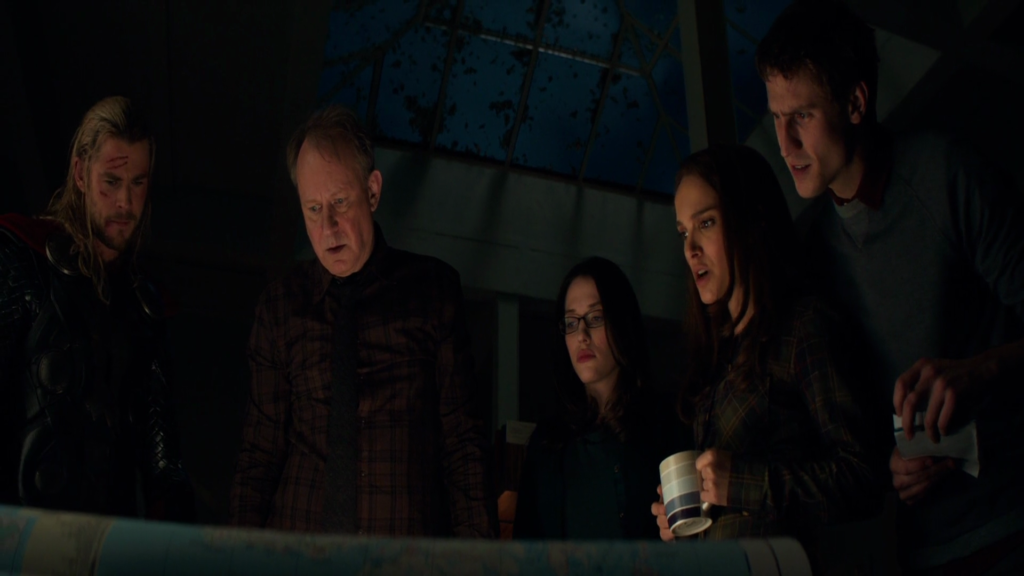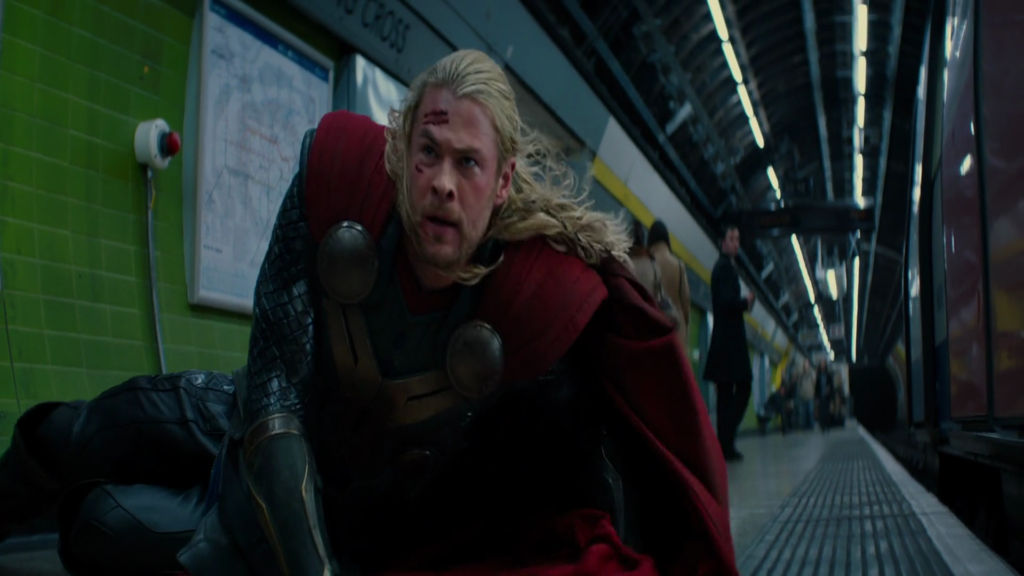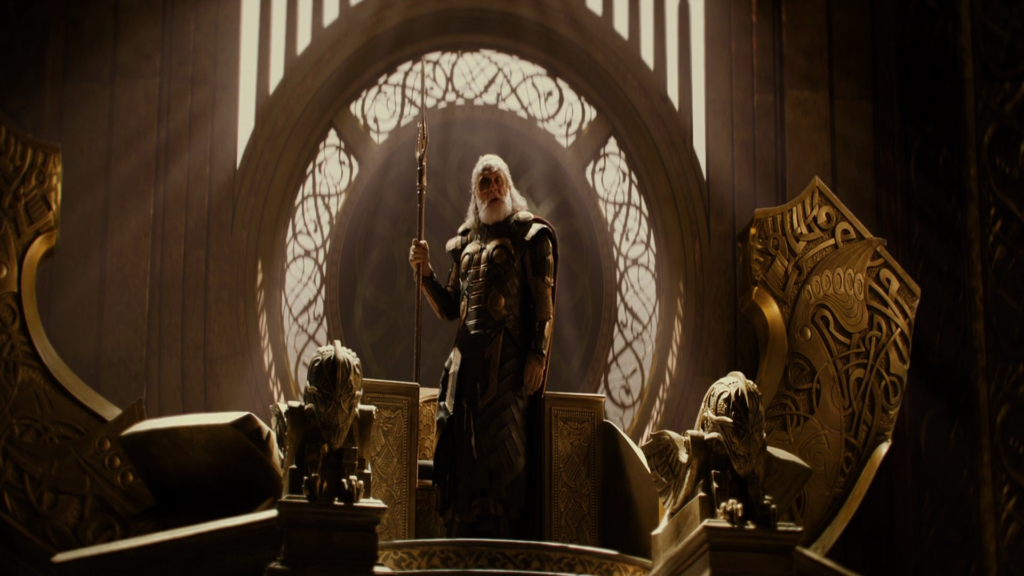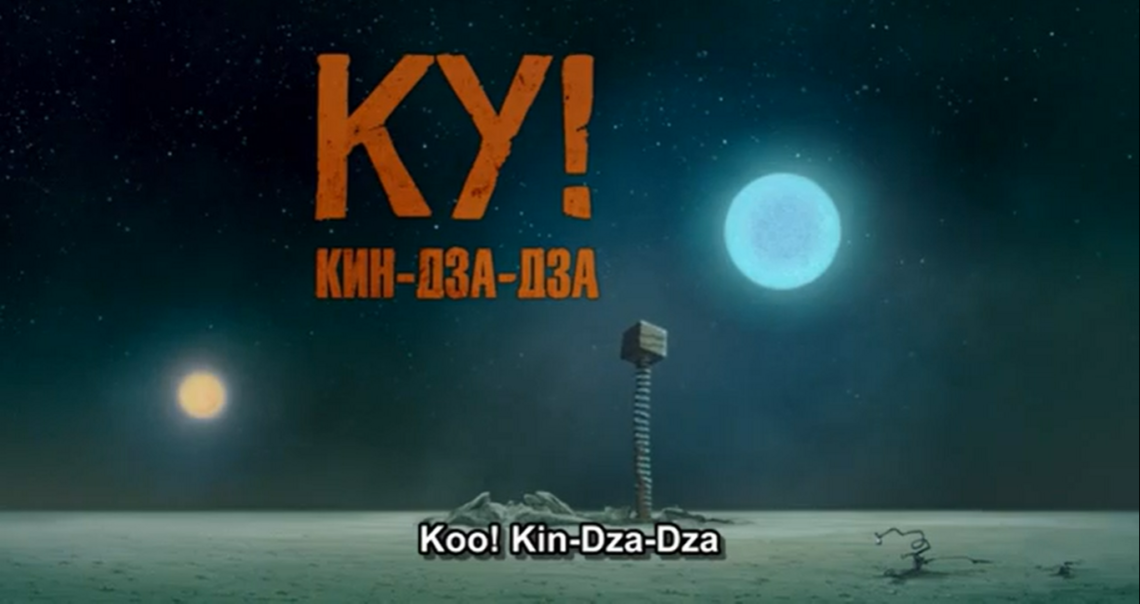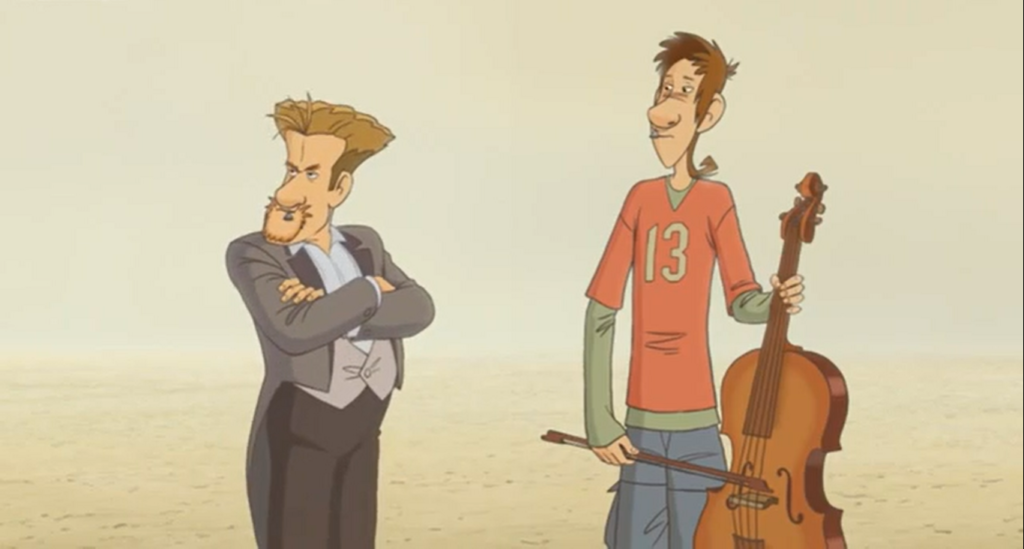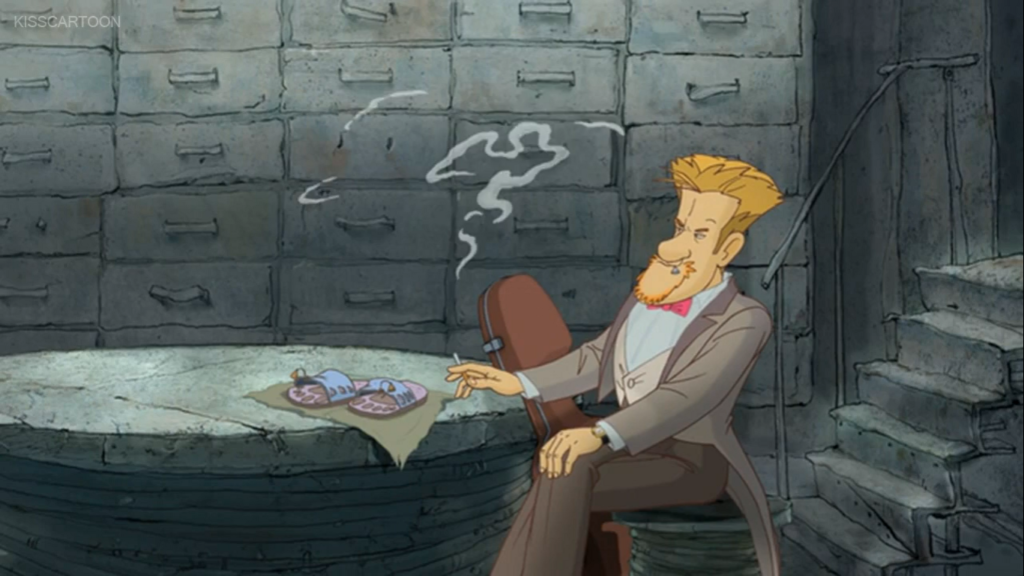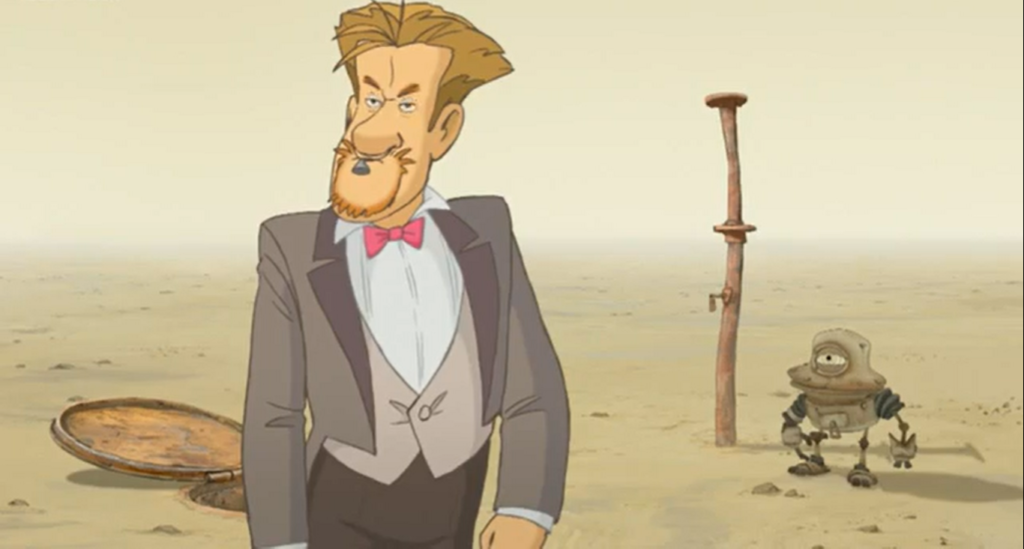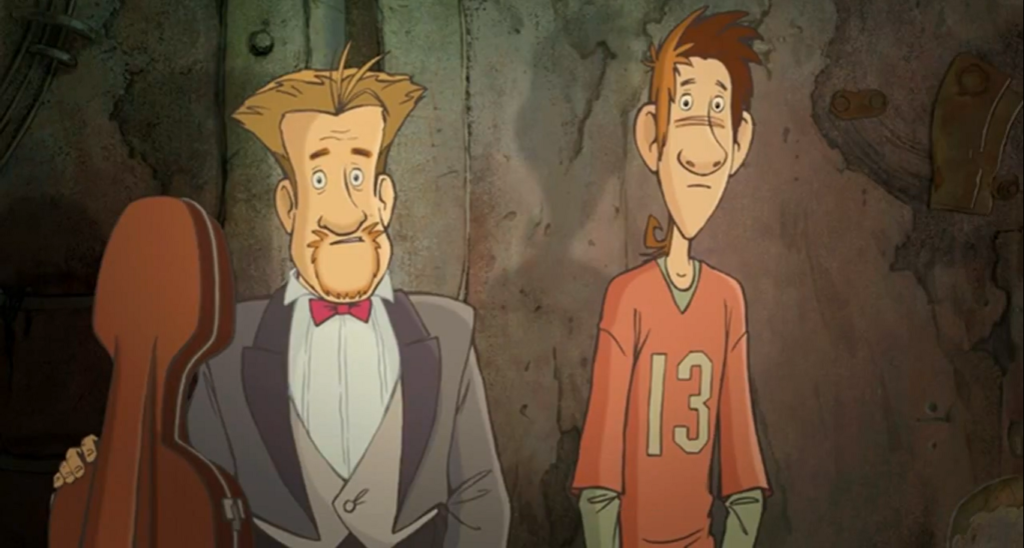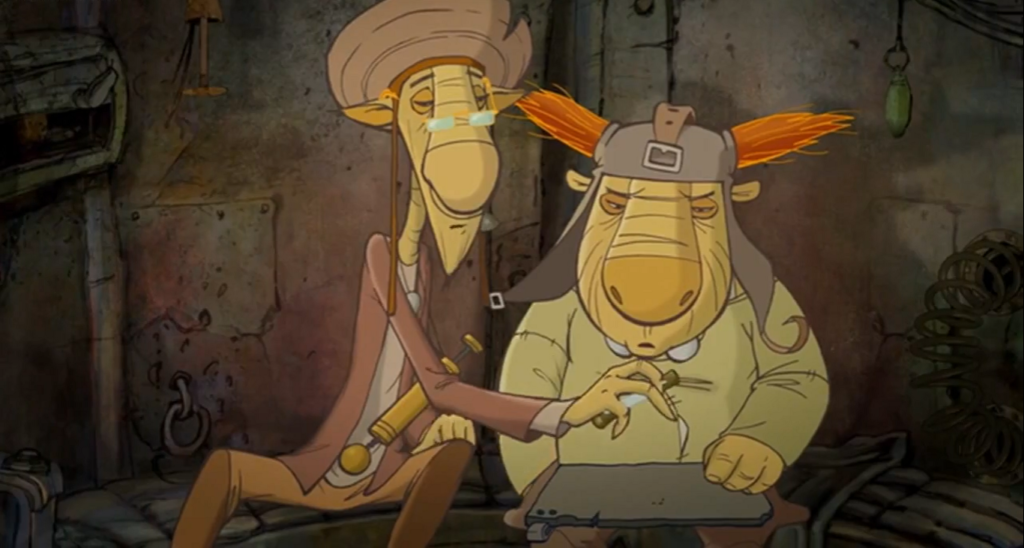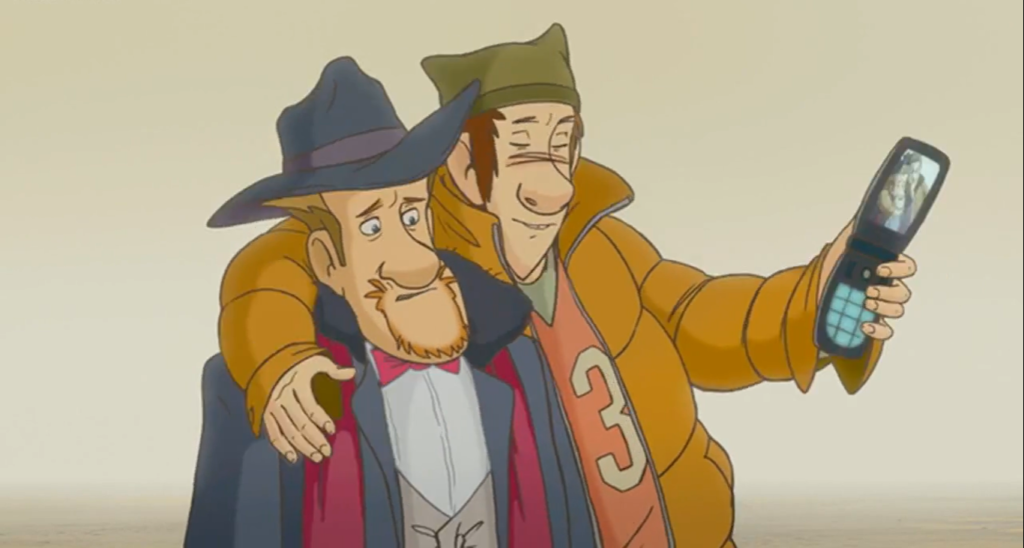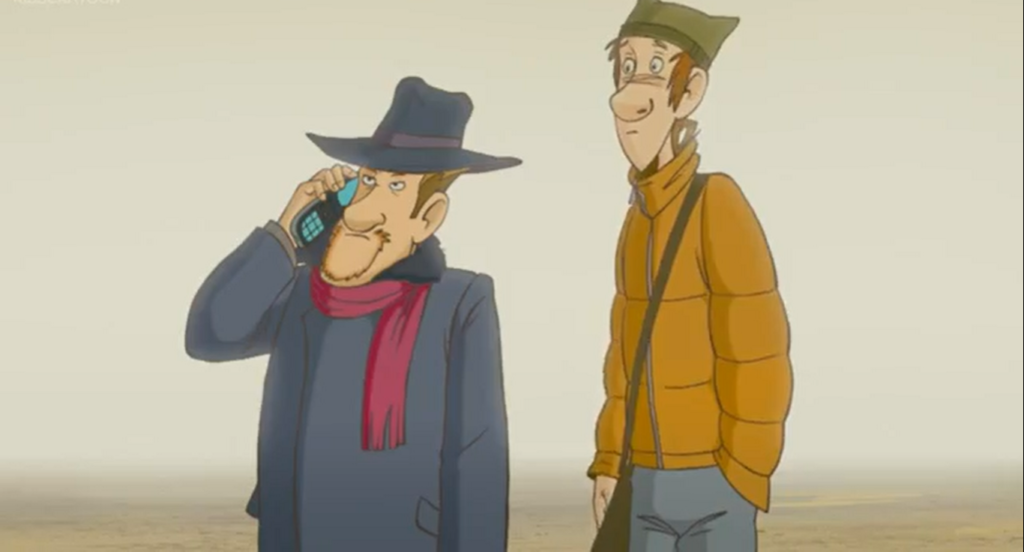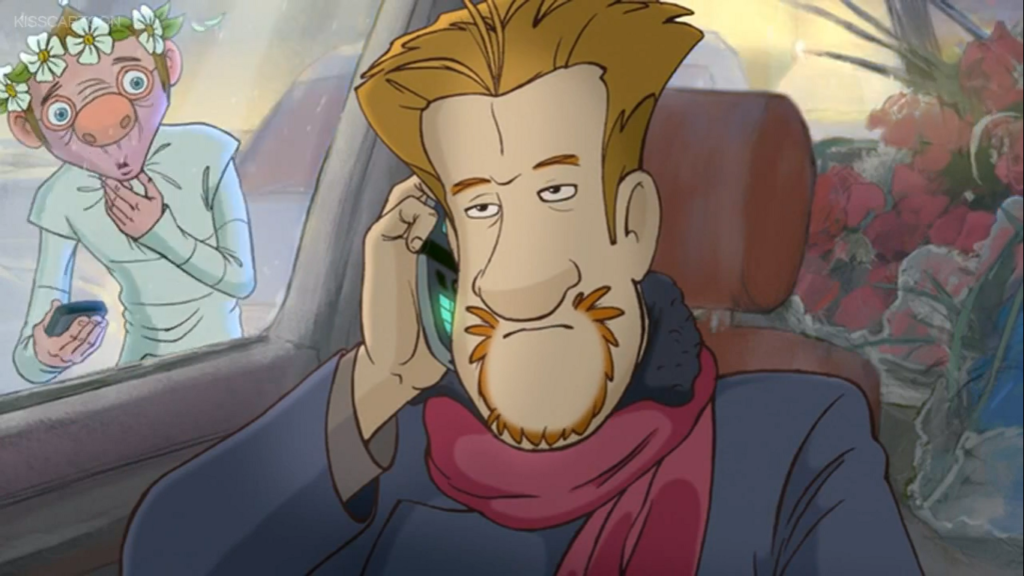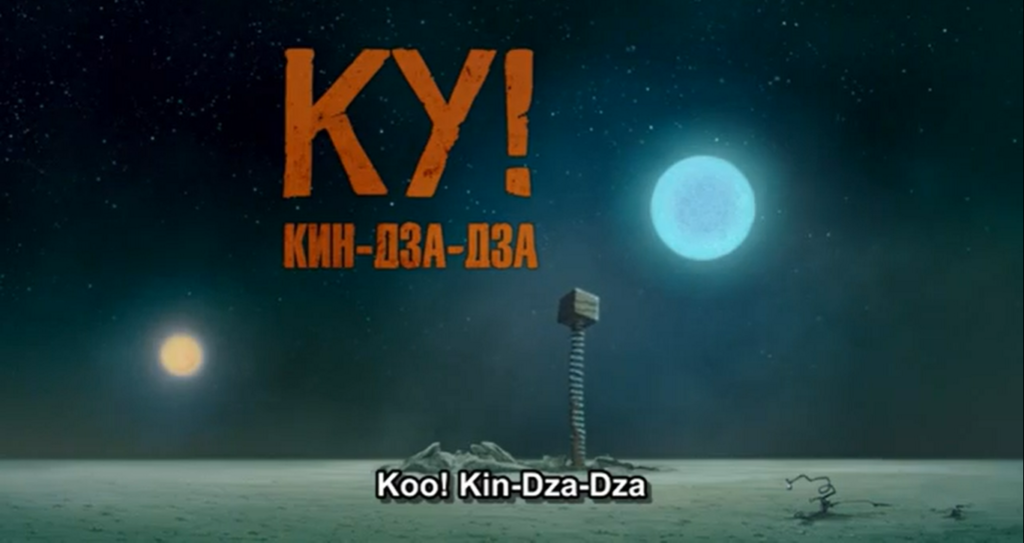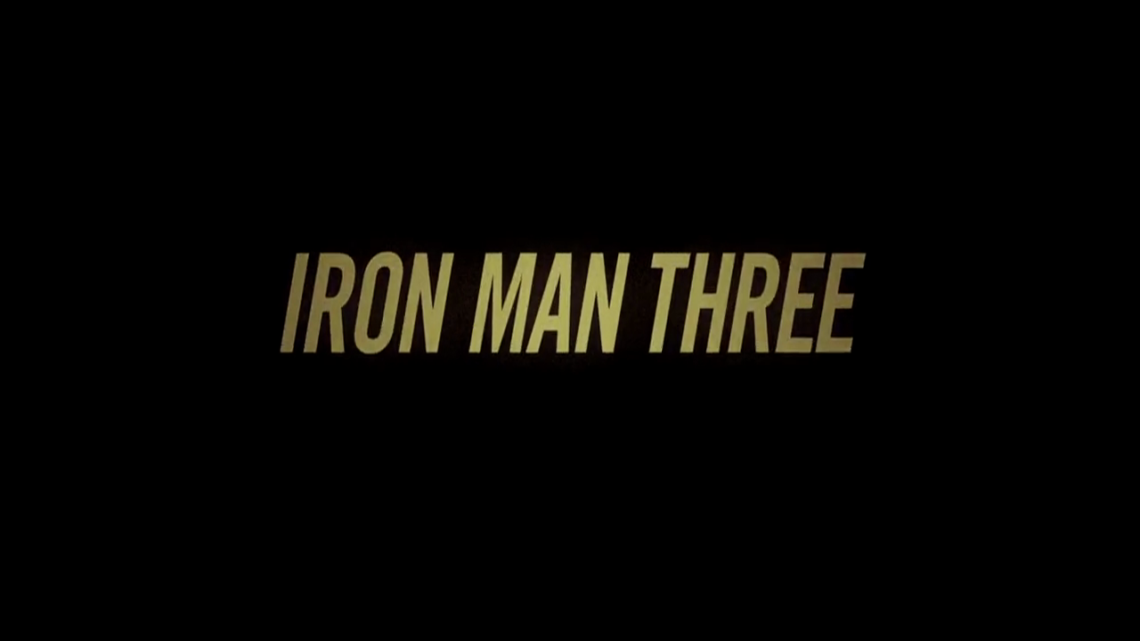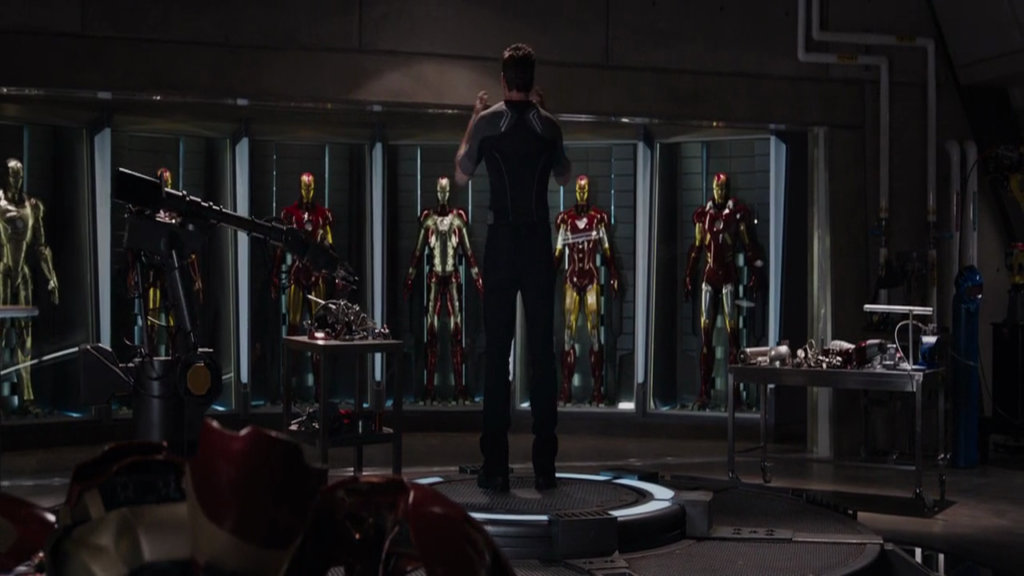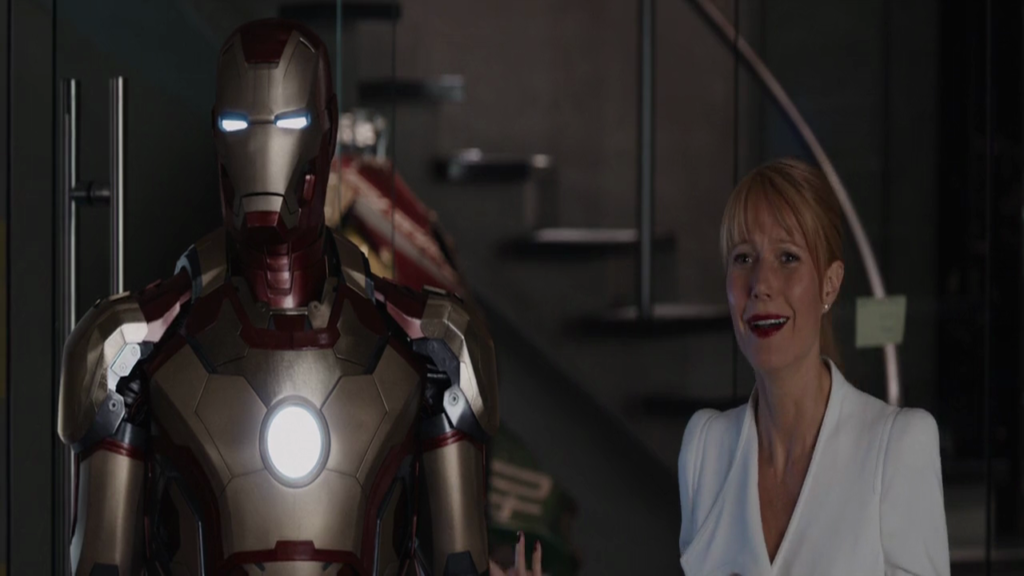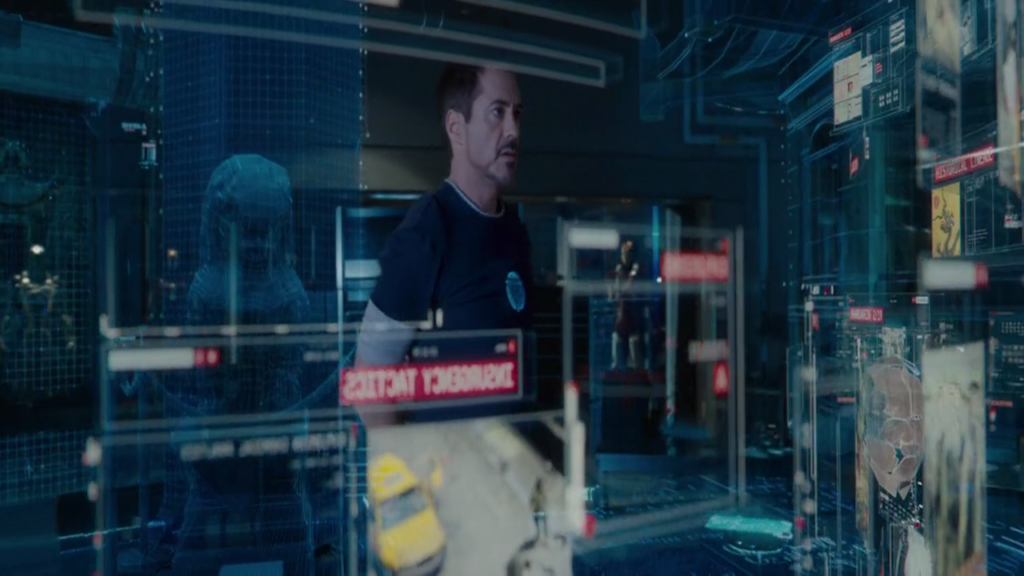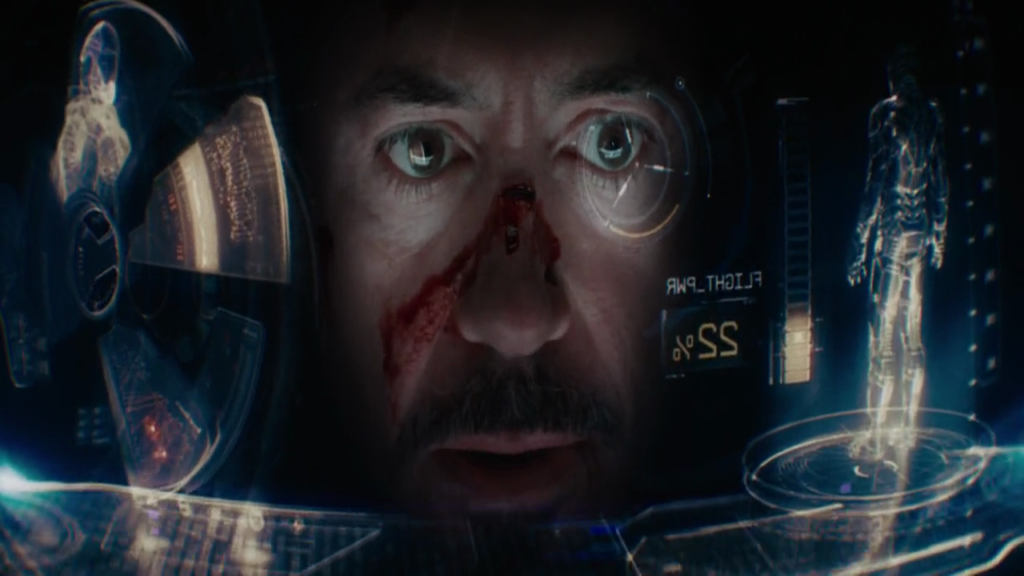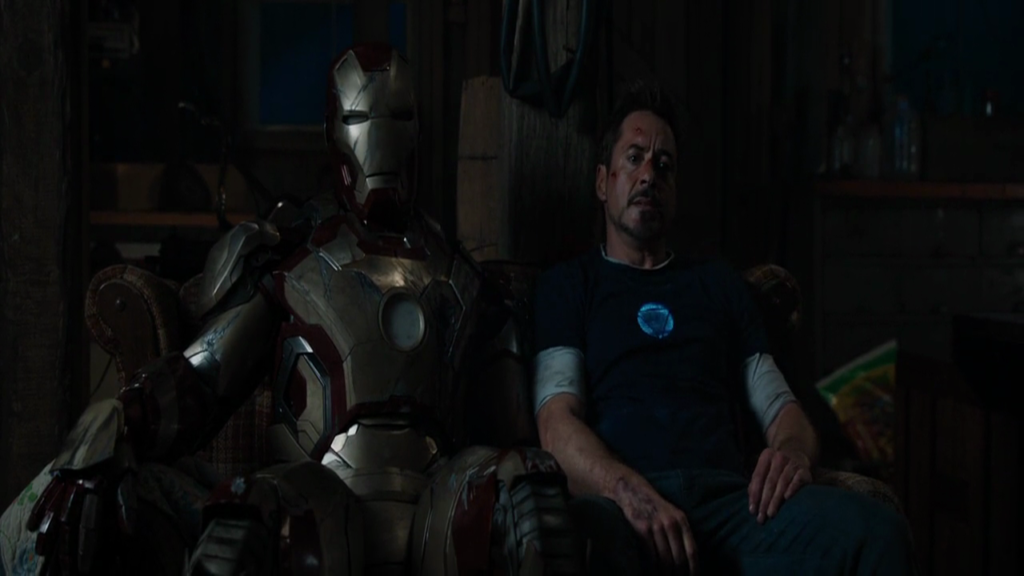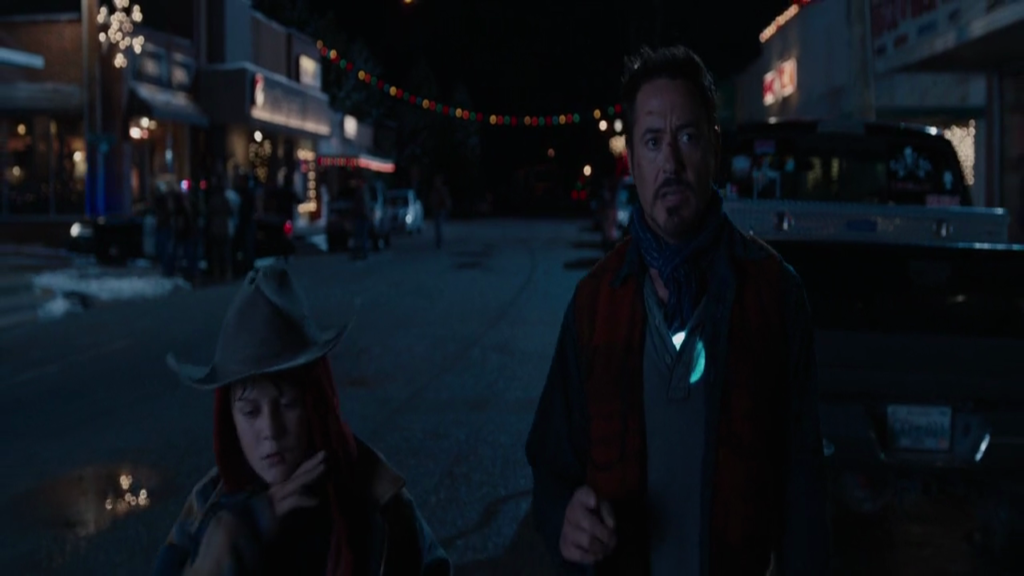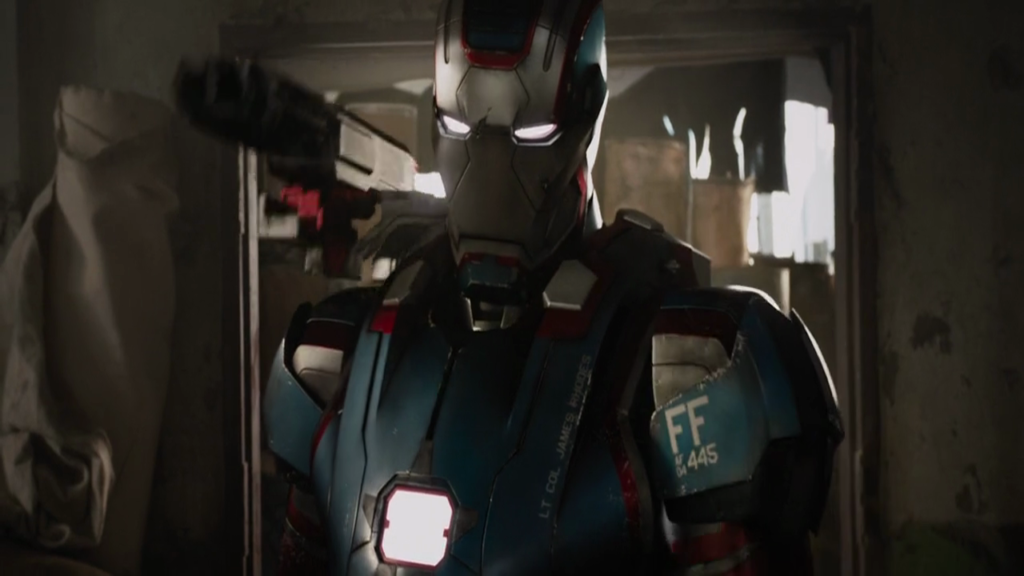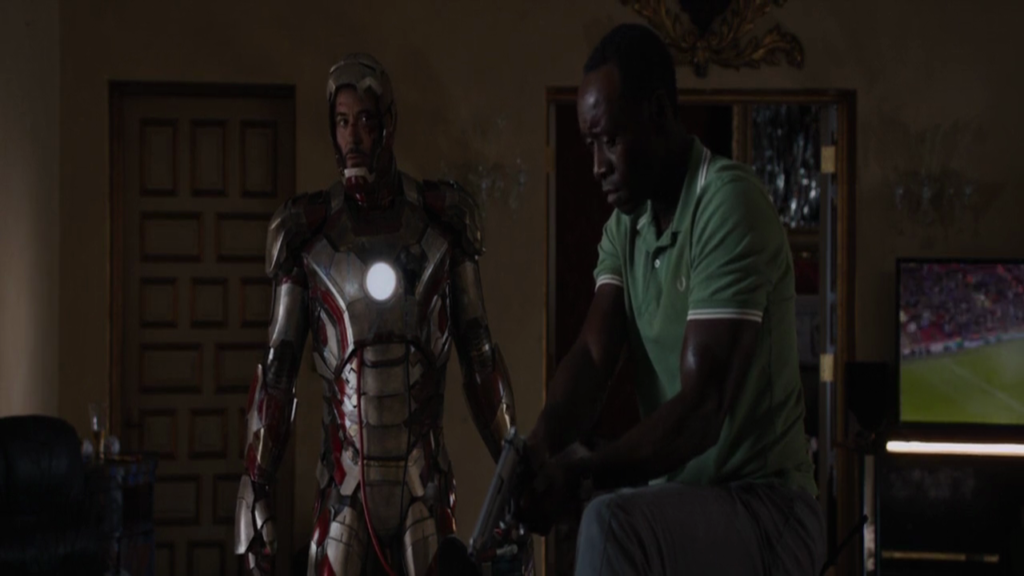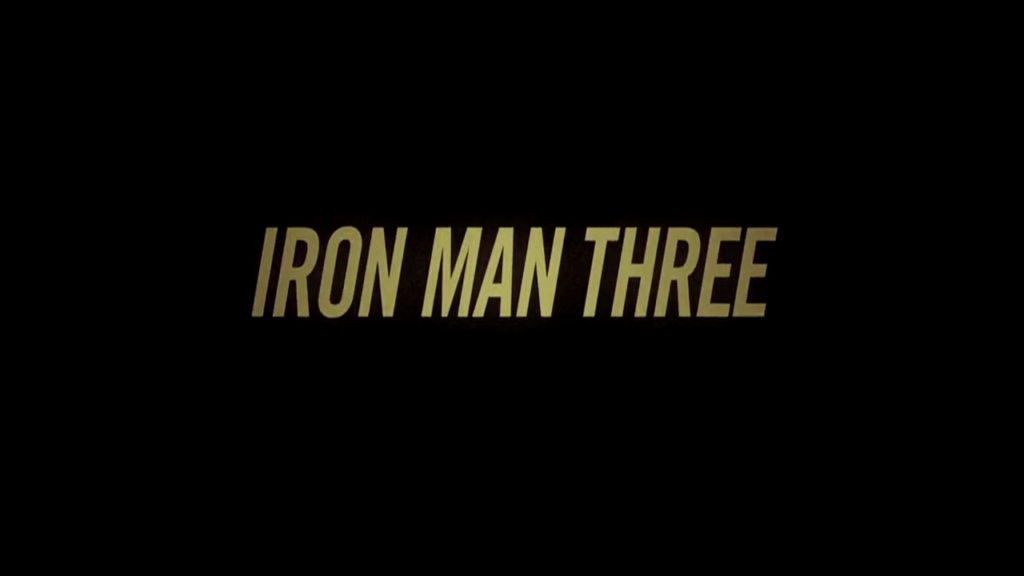-
#451 – Gingerdead Man vs Evil Bong (2013)
Gingerdead Man vs Evil Bong (2013)
Film review #451
Director: Charles Band
SYNOPSIS: After his many encounters with the evil bong, Larnell has finally defeated her, and opened his own weed shop. Meanwhile, down the street, Sarah Leigh has opened up her own bakery, after putting the horror of the serial killing gingerdead man behind her. Larnell and Sarah Leigh talk about entering into a business agreement to support each others stores, but their respective past horrors return and set out to get their revenge on both of them…
THOUGHTS/ANALYSIS: Gingerdead Man vs Evil Bong is a 2013 comedy horror film, and is a crossover of the Gingerdead Man and Evil Bong film series, both made by Full Moon Features. The film brings together – as the title suggests – two villains from their titular horror franchises and pits them against some of the protagonist’s from said franchises. It never gets more complicated than that. The film is structured into a very blatant three act structure, with the first act focusing on the Evil Bong characters, the second act focusing on the Gingerdead Man side, and the third act is the clash and combination of the two. The film leans more towards being a part of the Evil Bong series, as there are more of its characters and the set up feels much more like the films. This is probably because Charles Band, the director of the Evil Bong films, directs this one too. Like most of the Evil Bong films, the film centres on two locations, and a lot of standing around talking, rather than anything actually happening. Some of the dialogue between the familiar characters of the series is fine, but the film also throws in minor characters that serve no purpose other than to push an unfunny joke. The film also fills up its runtime by providing flashbacks from both film series to catch you up on the three films (six in total) before this one takes place, but given that the film’s are a comedy horror that doesn’t really create a coherent narrative and instead focuses on innuendo and jokes, the flashbacks seem rather pointless (a part from to pad out the runtime, which is obviously what their purpose is).
As mentioned, a number of characters from both series make an appearance in this crossover. Larnell and Rabbit are the main characters that appear from the Evil Bong franchise, and they’re more or less how you’d expect them to be. On the Gingerdead Man side, there’s only Sarah Leigh who returns; mostly because everyone else is dead by the end of the films (Sarah Leigh also doesn’t even feature in the third film). With regards to the titular villains, they are their usual selves, and there’s no real showdown between the two; instead, they mostly just trade one-liners at each other when they finally meet near the end of the film. In the bong world, the Gingerdead Man goes ‘on trial’ where he is judged by other talking pastries which makes very little sense, and has even less impact on the story. There’s some smaller cameos from the other films in the franchise (through flashbacks or otherwise) that add a bit of depth, but not much.
While there were no more stand-alone Gingerdead Man films released after this film (or after 2011′s Gingerdead Man 3 to be exact), the titular villain went on to become a recurring character in the rest of the Evil Bong films, where he sometimes works with Evil Bong and sometimes against her, and sometimes just does his own thing. Sarah Leigh also shows up in further films, cementing a weird merger of the franchises. Overall though, Gingerdead Man vs Evil Bong sounds like a ridiculous clash of ridiculous premises, but like the stand-alone films, never lives up to the premise. The villains do very little and attention is focused on scenes of dialogue between characters that never goes anywhere. Then again, it should be what you expect if you’ve watched any of the other films, as they’re al low-budget comedy horrors that never take themselves seriously. This crossover doesn’t stand out from the rest, and fails to offer anything that the other films don’t.
-
#434 – Infinite Santa 8000 (2013)
Infinite Santa 8000 (2013)
Film review #434
Director: Michael Neel
SYNOPSIS: A thousand years after humanity has destroyed itself, all that remains in the world is a host of mutants, robots and monsters…and Santa Claus, who has to survive by killing these monsters. When evil scientist Dr. Shackleton comes for Martha, the little girl that Santa has been taking care of, he sets on a rescue mission and to blow up any creature or killer robot that gets in his way.
THOUGHTS/ANALYSIS: Infinite Santa 8000 is a post-apocalyptic Christmas action film (I think that’s the best way to describe it). The setting is a post-apocalyptic world a thousand years after humanity has destroyed itself, leaving the Earth populated by mutants, monsters and killer robots of all persuasions. One survivor of the old world though, is none other than Satna Claus, who we see in the opening scenes in an arena fighting to the death against a creature to earn some scraps of meat. Victorious, he returns to the “North Pole ranch” to et with Martha: a young girl he rescued at some point. However, the evil scientist Dr. Shackleton sends the Easter Bunny to kidnap Martha and return her to him, and with that begins Santa’s crusade against the horrors the post-apocalyptic wasteland. The story of the film is very simple: Santa stopping Dr. Shackleton and dismembering everything in his way. The appeal of the film is not in its compelling narrative, but in the sheer absurdity of its concept of having Santa murder everything and anything in a post-apocalyptic wasteland. Nevertheless, the film does take itself fairly seriously, and perhaps surprisingly does a good job of depicting a bleak and hopeless world and having Santa being the only one with any sense of hope and joy. Nevertheless, there’s still plenty of over-the-top fights and action scenes that maintain a sense of momentum throughout the film. I mean, who wouldn’t want to watch a cyborg Santa chase down and fight a mutant Easter bunny? If I had to identify a weak point, I would probably cite the dialogue, as it often lacks either the energy, or the humour to make a huge impact. There’s times when you expect Santa to deliver a Christmas-themed one-liner before he dismembers somebody, but what he comes out with always feels like it comes up a little short on having the necessary impact.
The main character of Santa Claus probably needs no introduction: He’s the same bringer of festivities you know, except he is mostly a cyborg now and hacks monsters to pieces. There’s enough of a twist on the familiar concepts as well, such as the North Pole being a ranch out in the wasteland, and his reindeer being jet-boosted robots themselves (Also Rudolph is named Randolph in this version for some reason). Martha plays a familiar role of a young, innocent child that serves as the last vestige of humanity in the post-apocalyptic wasteland, and also the means for the main character to regain their humanity in some way. Given that the main character is the literal embodiment of joy and goodwill, the whole plot between Martha and Santa is fairly predictable. Nevertheless, it is still executed quite well, as we see how Santa lived through the end of the world and thought all the joy and good from the world had gone until he met her. The character designs across the board are quite intricate and full of detail, showing off the horrific mutations and augmentations that the creatures of this world have ended up with, which gives the film a definite visual appeal.
The animation and design of this film are definitely worth mentioning. As mentioned, the character designs are intricate and a decent amount of detail, which emphasises the grotesque, inhuman mutations of the creatures that roam the world. Most of the characters are still images that over across the screen in various ways to give the illusion of movement, perhaps similar to what you would see in South Park, for example. However, there is some very clever techniques used to make them move and give them a definite sense of momentum. For example, the chase between Santa and the Easter bunny maintains a serious sense of high speed and energy. In the slower scenes however, the limitations of the animation are more apparent. Fortunately, the film knows to focus on the action, and that’s what you’ll remember coming away from it. The heavy metal soundtrack also gives the film a similar high energy, and everything seems to blend together pretty well. Overall, Infinite Santa 8000 fulfils the ridiculous concept it proposes, while also clearly being a labour of love that has plenty of effort and consideration put in to make it a coherent and visually appealing experience. It has a number of shortcomings, but it certainly exceeds any expectations you may have going into it.
-
#378 – Captain America: The Winter Soldier (2013)
Captain America: The Winter Soldier (2013)
Film review #378
Directors: Anthony Russo, Joe Russo
SYNOPSIS: When S.H.I.E.L.D. director Nick Fury is assassinated, Steve Rogers (Captain America) is on the trail of those responsible, but he is told to trust noone. As he investigates, he finds a shocking discovery that goes right to the heart of S.H.I.E.L.D. itself…
THOUGHTS/ANALYSIS: Captain America: The Winter Soldier is a 2013 superhero film that forms part of the Marvel Cinematic Universe (MCU). The film starts off with Captain America in the thick of a mission to rescue hostages from a S.H.I.E.L.D. ship. There’s plenty of fluid action that provides a strong opening for the film that requires no knowledge of the characters, and eases into the story in a fun and exciting way. The plot takes on a number of twists and turns as S.H.I.E.L.D. director Nick Fury is seemingly assassinated and Captain America must investigate S.H.I.E.L.D. itself with the help of Black Widow. The film mixes layers of action, espionage and intrigue as it unravels the conspiracy surrounding S.H.I.E.L.D. It’s a strong story that will keep viewers engaged, as well as exploring the character of Captain America and elements of the Marvel Cinematic Universe. It is a fine balance to give each of these elements the right amount of focus, but the film largely succeeds in doing so. If I were to pick an issue with the story, I would say that there’s a bit of a conflict between the film being self-contained and its part in the larger cinematic universe, insofar as the revelations about S.H.I.E.L.D. should have significant ramifications, but it seems they are more or less curtailed by the end in order to keep the film self-contained with a distinct resolution. Overall though, the story is fairly strong.
Captain America as a character is a soldier, a leader and a hero, and I think all of those aspects to him are given a good amount of development. How he relates to those around him and what his part is in protecting and inspiring them is something he has to constantly work through as the film progresses. The supporting cast of Black Widow and Nick Fury also get ample screen time in order to develop their characters and play a significant role in the story. The “winter soldier” also has ties to Captain America, and with everything else going on, it feels like there could have been more done with his character, but this instead seems to have been postponed in order to be dealt with in a sequel. Villains typically get short-changed in these films, as they are almost entirely self-contained in the film and do not get referenced outside of it. Pearce, the villain here, is a bit more interesting, and has particular relations with a number of characters. He doesn’t have any particular superpowers, so he’s more of a mastermind, with the winter soldier handling the action parts of the villainy. Sam Wilson, a veteran soldier, also has an interesting character arc which gives Captain America a bit of a grounding as he interacts with the soldiers without superpowers who go to war. A lot of characters, but again it’s all handled fairly well.
The style and effects in the film are just about what you would expect from these Marvel films. There are no surprises, but it has a good budget, and keeps things consistent. The fight scenes are well choreographed, and highlight the strengths of the characters. There’s nothing overwhelmingly special about the film, but it has a lot of content that pushes and develops characters in new directions and explores new facets of their characters. Like with most Marvel films it’s not going to re-define the genre, but it shows a marked improvement on earlier sequels in the MCU (Iron Man, Thor) by focusing a little more on interesting character development, varied villains and weaving a stronger story around the heroes.
-
#369 – Thor: The Dark World (2013)
Thor: The Dark World (2013)
Film review #369
Director: Alan Taylor
Thor: The Dark World (2013)
Film review #369
SYNOPSIS: A rare cosmological event is taking place in which the nine worlds will converge, creating disturbances across all of them as the barriers between them weaken. When Malekith, the ruler of the Dark Elves awakens, he sets about attempting to retrieve the Aether, a weapon of mass destruction he can use to return all of the world into darkness. Thor once again must protect Asgard and all other worlds as the Aether is absorbed into Dr. Jane Foster, a scientist and Thor’s love interest as Malekith attempts to retrieve the Aether by any means necessary…
THOUGHTS/ANALYSIS: Thor: The Dark World is a 2013 superhero film and the sequel to 2011′s Thor. It is part of the marvel cinematic universe. The film starts off telling the story of the dark elves and their leader Malekith, who many years ago tried to plunge the nine worlds into eternal darkness using a weapon known as the Aether. They were defeated by the Asgardians and forced into a state of suspended animation. In the present day, Thor is busy bringing peace to the nine worlds while a cosmological alignment of the worlds is beginning to take place, which is creating anomalies among them. Dr. Jane Foster on Earth is investigating some gravity distortions when she enters another dimension and absorbs the Aether into her body. her love interest, Thor, shows up and takes her to Asgard to treat the illness brought about by the Aether and to investigate it’s true purpose. Meanwhile, Malekith and his army have revived and plan an all out attack on Asgard in order to seize the Aether and again attempt to plunge the worlds into darkness. The plot of the film is varied, with a decent amount of action, drama and humour, but the main problem is that it just doesn’t fit together very well: the individual scenes themselves are decent, but the whole “cosmic alignment” and “plunging the world into darkness” elements are tropes that have been done to death, and offer very little surprise or interest to tie everything together. This is furthered by the moving around between Earth and Asgard that constantly shifts the focus of the film, and makes the different scenes have little relevance from one to the next. There is some effort made to give the characters a stake in the story, but again it seems to get diluted in the myriad of things that are going on, and the non-descript villain plot that is fairly standard.
The film’s strongest points are in it’s character interactions, particularly in the relationship between Thor and Loki. Following the events of The Avengers, Loki is imprisoned for life on Asgard for trying to take over Earth, with only his Mother coming to occasionally visit him. When Thor and Loki’s mother is killed By Malekith, The two brothers forge an uneasy alliance in order to get their revenge. Loki’s constant trickery and Thor’s righteousness really work well together, both as drama, and also from a humour perspective, giving them an ample amount of bickering that is fun to watch. Unfortunately, there isn’t enough of it. The whole romance between Dr. Foster and Thor doesn’t really develop from where it starts, and again is overshadowed by the Thor/Loki dynamic. Other characters play their part, but contribute very little, again because the scenes are so disparate they often fail to make an impact on the whole. An example would be the death of Thor/Loki’s mother, which isn’t mentioned at all after the funeral, and just gets forgotten.
For all these shortcomings, there are some positive points. Asgard looks great, and the action is fairly solid with a few surprises. The humour again serves as some light relief from the drama, and there’s a decent mix of all these elements. Unfortunately the plot as a w hole is fairly weak, and manages to make all the events in the film – even if they are about the end of the world – seem pretty inconsequential. Add to that the plot relying on a serious amount of coincidences that make less sense the more you think about them, and it is easy to see why people consider this film the weakest in the Marvel Cinematic Universe. It’s not completely terrible, but at this point in the cinematic series, the viewer is no doubt expecting a more complex contribution with a more expansive story, which Thor: The Dark World does not fully deliver.
-
#355 – Ku! Kin-dza-dza (2013)
Ku! Kin-dza-dza (2013)
Film review #355
Director: Georgy Danelia, Tatyana Ilyina
SYNOPSIS: A world-renowned cellist is on his way home when he is approached in the street by a young DJ claiming to be his nephew. The two see a strange looking fellow who wants to know “the number for their planet”, and when they press the button on the device in his hand, are instantly teleported to an alien world. The two of them must work together to find a way home, while also trying to navigate a dystopian society that very little sense to them…
THOUGHTS/ANALYSIS: Ku! Kin-dza-dza is a 2013 Georgian/Russian animated film, and a remake of the 1986 soviet film Kin-dza-dza. The original is a much loved film in it’s home countries, and is a very good dark comedy that also addresses issues of discrimination through its absurd setting. The story of the remake is very similar to the original: some of the scenes are practically identical, and for the most part, it captures the essence of the first film pretty well. Vladimir Chizhov and Tollik Tsarapkin are teleported to a distant alien planet after accidentally pressing the buttons on a device that a strange man was holding on the streets of Moscow. They find themselves on the planet Pluke, and encounter Bi and Wef, a pair of locals who try and swindle the two of them out of everything they have. The group forge an uneasy alliance as Uncle Vova (Vladimir) and Tollik try to find their way home, all the while trying to adapt and survive on this planet whose social structure is completely unlike anything they have ever encountered, such as social status being at least partially determined by the colour of one’s trousers. The film retains the story of the original, and so keeps most of the fun and satirical elements that made it so popular. In some parts the darker elements feel a bit lighter, as this remake is intended to be aimed at a more general audience.
One of the biggest changes is the names and occupations of the two main characters have been changed: Vladimir is now a world renowned cellist (in the original he could play the violin, but the instrument wasn’t his) instead of a foreman, and Tollik is a DJ. One of my main criticisms of this remake is that these small changes do end up ultimately harming the essence of what made the original successful. One of the key strengths of the original was the banality of the main characters and their mundane existence suddenly having to cope with the rules and social structure of an alien planet. In this version, having Vladimir be a famous violinist sets him up as having a backstory that disrupts this banality. There’s also a story about his ex-wife that is quietly built up in the background too, which again loads up the character with a bit too much baggage, rather than a blank slate that doesn’t bring as many complications into the story. Having Tollik be distantly related to Vladimir as well undoes the original’s premise of two men who just happen to be walking down the street at the same time and having never met each there before having to work together on an alien world is complicated through trying to develop these characters independently of the situation.
There are some changes, however, which add some good and interesting takes on the story. Being an animated film, there’s much more scope to be creative with the characters and design of the alien world. There is, of course, a risk of again disrupting the plainness of the original by being too over-the-top and fantastical, but to the film’s credit, in this respect it pulls it off quite well. Being set on an alien world, the characters are drawn with a more alien appearance, but they’re just alien enough without it being distracting. Other minor characters are more odd in appearance, but since they’re only on screen for a short time they don’t disrupt the tone of the film. Credit should be given to the film for achieving this balance. The animation in this film should also be commended: it is fluid and full of expression, and offers some detail and scenery that the original could not provide.
Overall, Ku! Kin-dza-dza is a faithful remake of the original, but ultimately doesn’t offer anything new or improve on what has gone before. The original was a sparse, small production, whereas this remake has a big budget and funding to appeal to a larger audience, and the changes that are made to accommodate this mostly end up affecting it a negative way. It’s not a bad film, because it sticks close to the original, and the original is very good: but when you’re remaking a film that was more or less perfect, you need to have a damn good reason to do so. Changing it to an animated film brings with it some benefits, but on the whole there just doesn’t feel like there’s enough substantial difference to justify the remake, and there’s no real reason to recommend it over the original.
-
#348 – Iron Man 3 (2013)
Iron Man 3 (2013)
Film review #348
Director: Shane Black
SYNOPSIS: Tony Stark is suffering from the trauma he experienced during the alien invasion in New York. and is burying himself in his work, much to the dismay of those around him. When Happy, his friend and head of security for Stark Industries, is seriously injured in a bomb attack orchestrated by a terrorist who calls himself “The Mandarin”. Stark calls him out and decides to track him down, but The Mandarin comes to him, destroying his home and work, leaving him on the run and having to find a way to fix his suit and take down The Mandarin before he takes him out…
THOUGHTS/ANALYSIS: Iron Man 3 is a 2013 superhero film part of the marvel cinematic universe. The film takes place after the events of The Avengers, where Tony Stark (or Iron Man) had to travel through a wormhole that opened above New York City to close it and stop an alien invasion. the whole experience has left him suffering with anxiety about what happened, and is avoiding confronting it by not sleeping and burying himself in his work, much to the dismay of his now girlfriend Pepper Potts. Meanwhile, Pepper herself is busy running Stark Industries when she is approached by Aldrich Killian, who wants to work with Stark Industries to develop his “extremis” virus, which enhances the human body’s capabilities in every way. Potts turns him down over fears the technology could be weaponised, but Happy Hogan, the chief of security, finds him and his bodyguard suspicious. He follows the bodyguard to a meeting where he exchanges a briefcase with someone, only to find that the guy is a suicide bomber, who detonates and leaves Happy serious injured in hospital. A terrorist known as the Mandarin claims responsibility for the attack, as well as several others that have taken place recently, and Stark takes notice, calling him out and warning him that he is going to stop him. Stark’s hubris results in the Mandarin destroying his home and Stark to go into hiding, with only his own wits to re-build his suit and stop mandarin.
After the large scale, superhero adventure of The Avengers, it would be very difficult to top that with another Iron Man film without any of the other characters. Iron Man 3 pulls this off by making the plot a more down-to-earth story free of aliens or other over-the-top sci-fi elements, so it doesn’t need to compete with its predecessor. Stark’s anxiety over the events of The Avengers means that any discussion of those events or continuation of that story are actively avoided, as Stark cannot deal with the memories. This could have been just a cheap plot device to overlook previous events, but it is weaved into the story well, and provides a new and significant obstacle for Stark to overcome. We don’t really get to see just what it is that Stark is haunted by in detail, but the whole concept of anxiety is that it does not have to be directed at a specific object or event. There’s not really much of a resolution to this element of the story, and it doesn’t feel like he really overcomes it, more that it just disappears and becomes a non-issue. Still, it’s not too much of a problem.
The rest of the characters also put in a good performance, with returning characters building on their established roles and having a bigger role in Stark’s life, showing him that he doesn’t have to do things alone. Pepper Potts is a strong character who switches roles with Stark throughout, especially in terms of which one of them needs saving: sometimes it’s Stark that needs saving from himself, other times it’s Potts that needs rescuing, and it all balances out so that neither of them fall into a well-worn character trope. Colonel Rhodes also returns as the Iron Patriot, and holds Tony’s feet to the fire in terms of his responsibilities. The new characters however, do not enjoy that same development. Maya Hansen, the scientist who helped develop extremis, has an uneven role that is set up strongly in the beginning, and who fades into obscurity mid-way through. Although she comes to Stark for help in stopping Aldrich Killian, it turns out she is still working for him, and gets Pepper kidnapped. When Stark is also kidnapped, it only takes around two sentences from him in order for her to change her mind and try to free him, for which Killian kills her. Apparently their was some re-writing done for the film which gave a lot of her role to Killian, and it definitely shows, as her role becomes pretty much redundant. The extremis soldier Brandt also apparently had much of her role given to another character, both of these decisions due to executives fearing that having female characters in such prominent roles would impact action figure or merchandising sales. This is a serious detriment to the film, as characters are built up and dropped without seemingly good reason, further diminishing their characters. The one new character which provides a worthwhile contribution is surprisingly the kid who finds Stark when he crashes after his house is destroyed. His character is pretty bland and full of typical tropes such as being bullied and an outcast, but thankfully his part isn’t overplayed, and is on screen just long enough to serve it’s purpose. Not an overly interesting character, but not an overly annoying one either.
The story has a few twists and turns that keep things interesting, although some of them don’t really have too much consequence, such as Hansen’s betrayal. The film is paced very well, and there’s a mixture of humour, drama and action that keeps things fresh and entertaining. The climax of the film involving all of Stark’s suits being A.I. piloted and having him jump in and out of them is a typical, flashy comic book sequence that doesn’t disappoint, and is in keeping with Stark’s over-the-top character. The main villain isn’t all that special, but that’s a long standing issue with these films. Overall, Iron Man 3 is an entertaining film that manages to lift the weight and story of its predecessors to make a stripped down hero vs villain story without losing the elements that make the character so loved. It firmly places itself within an established universe while also keeping it self-contained. The balance between action, drama and humour is well paced so there’s no real lull in the storytelling, and it still manages to impress with busy and flashy spectacles that also develop its well-established characters. There’s a number of issues around some of the character’s roles being muddled and ultimately redundant, with some being given intense focus in the beginning only to disappear without significance later on. These problems don’t spoil the film too much though, and I would say it surpasses Iron Man 2 with ease.
